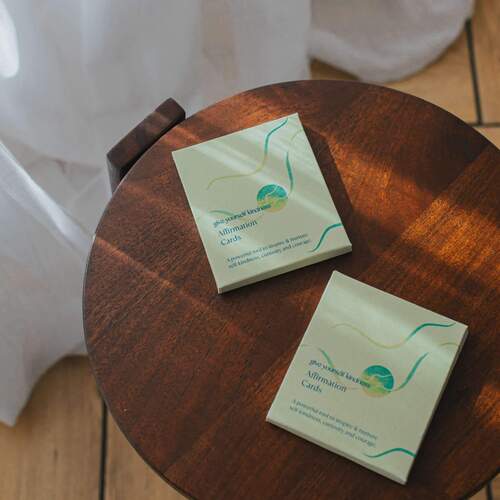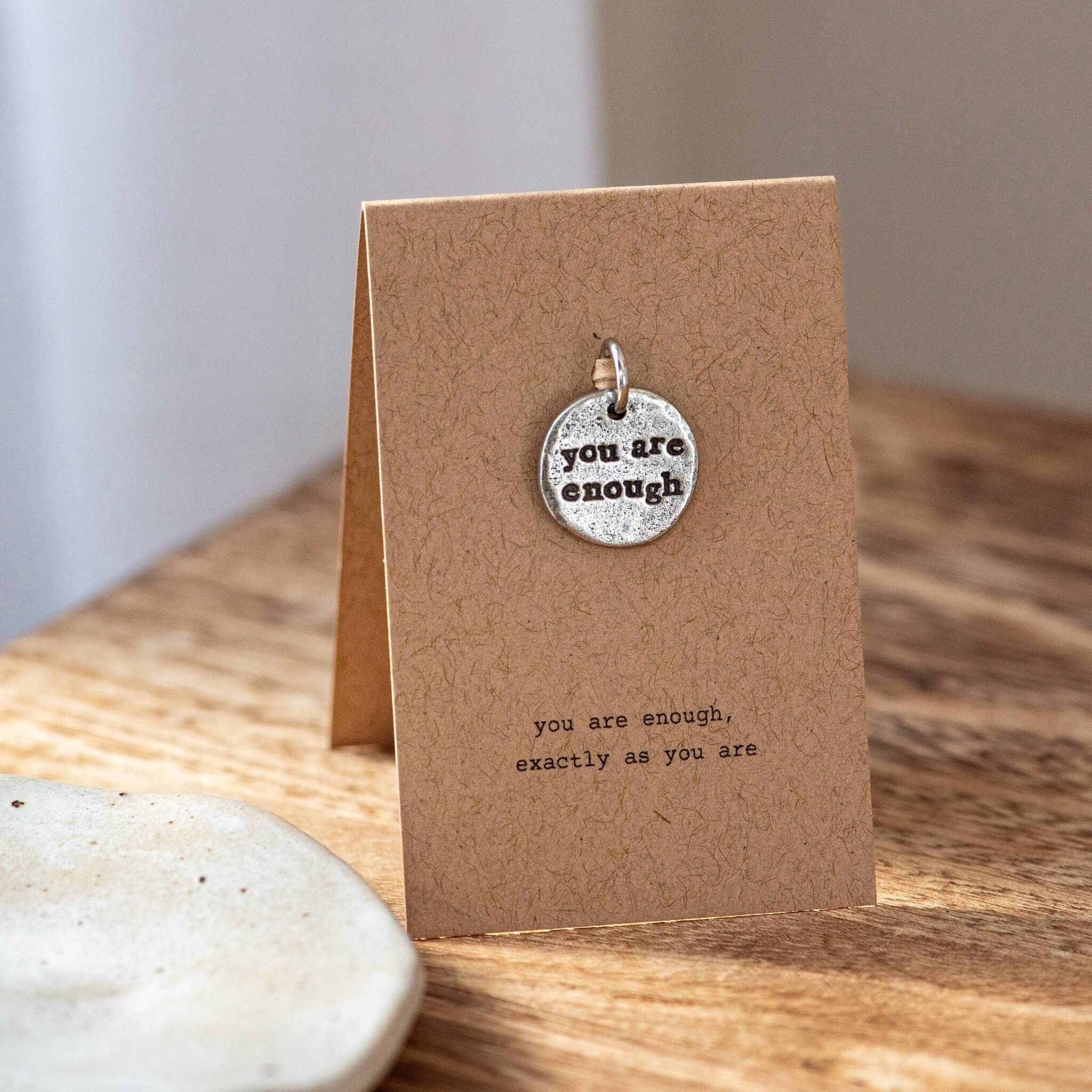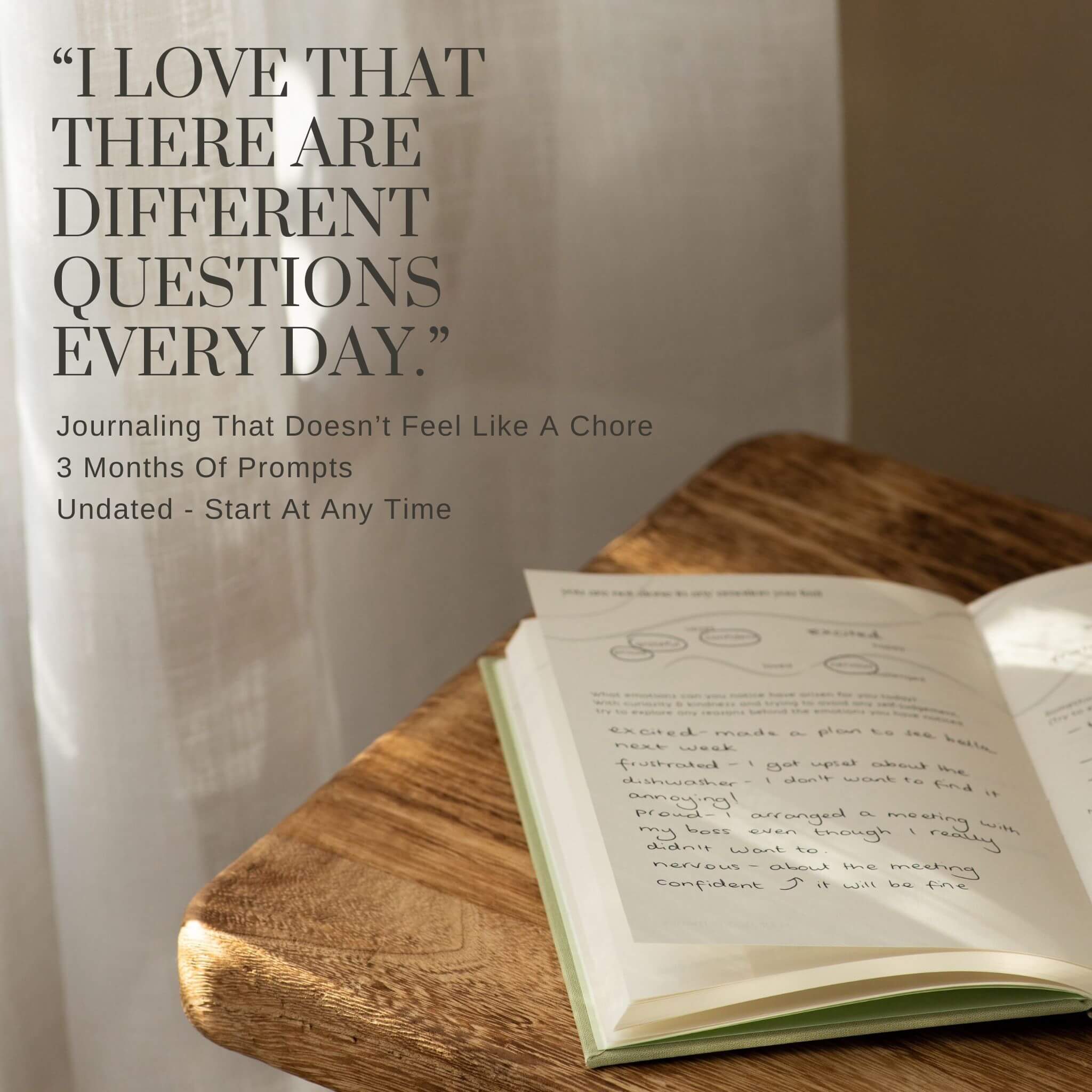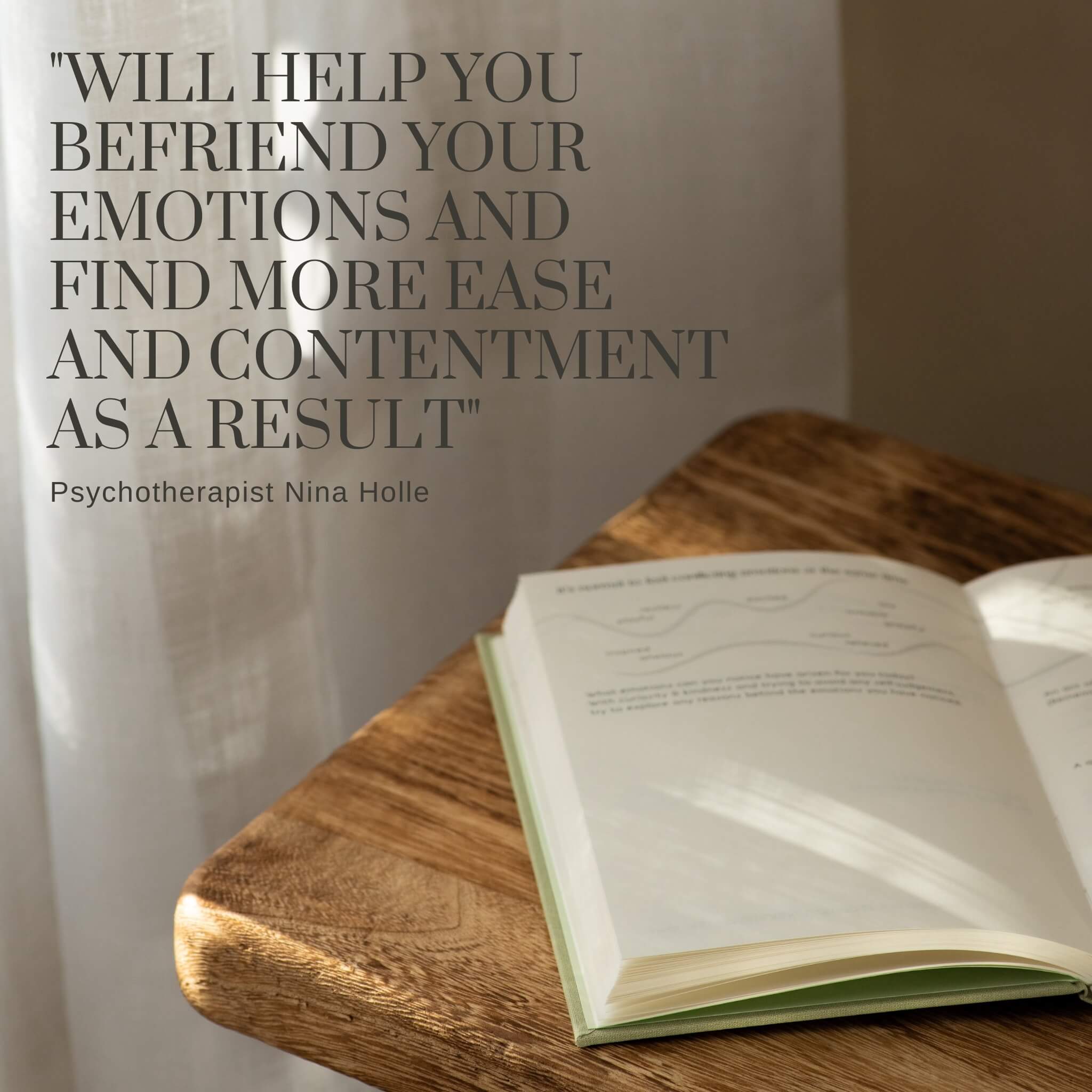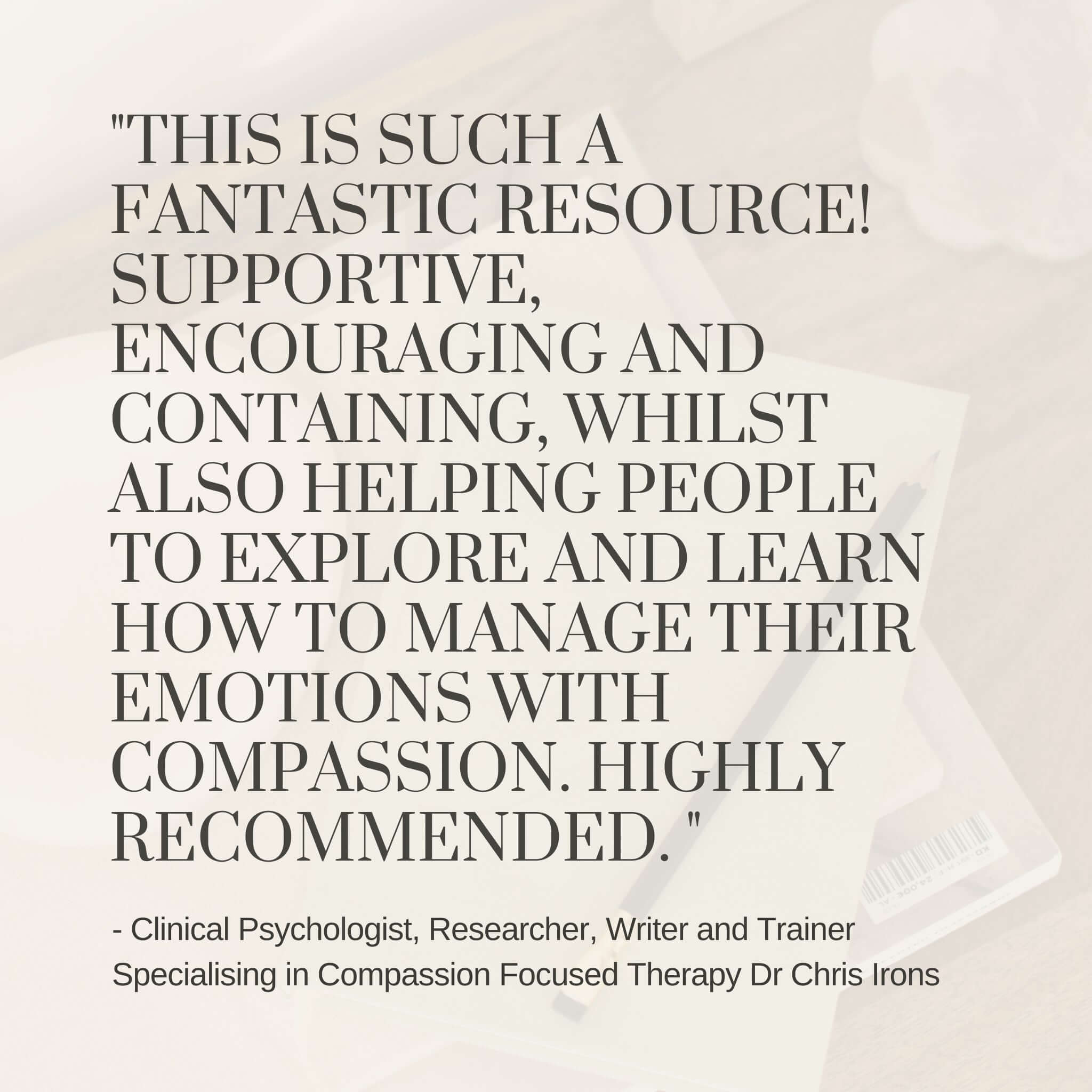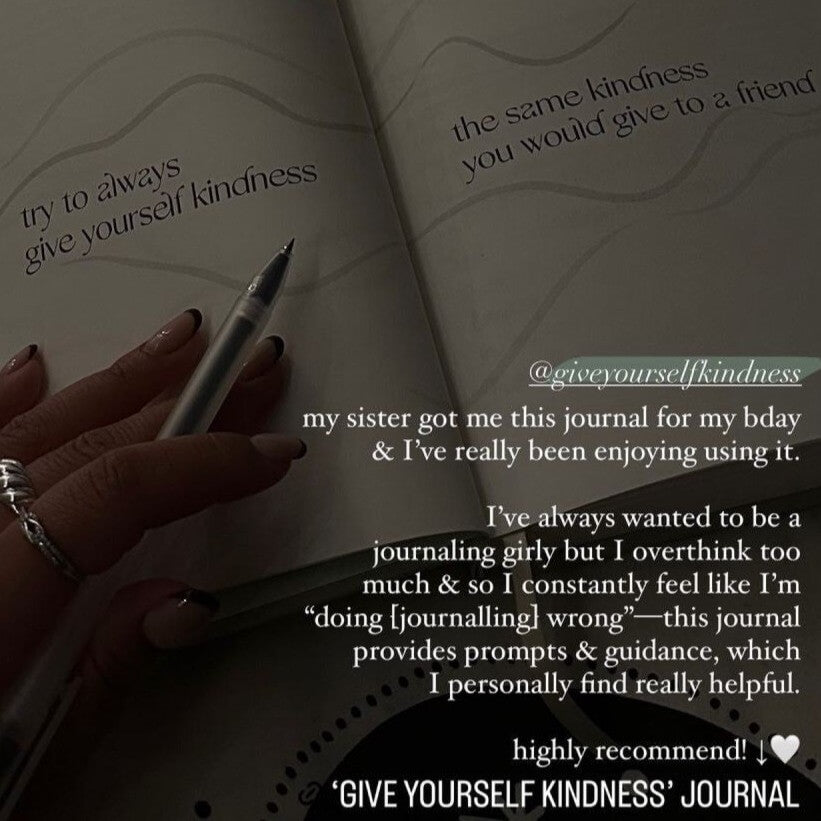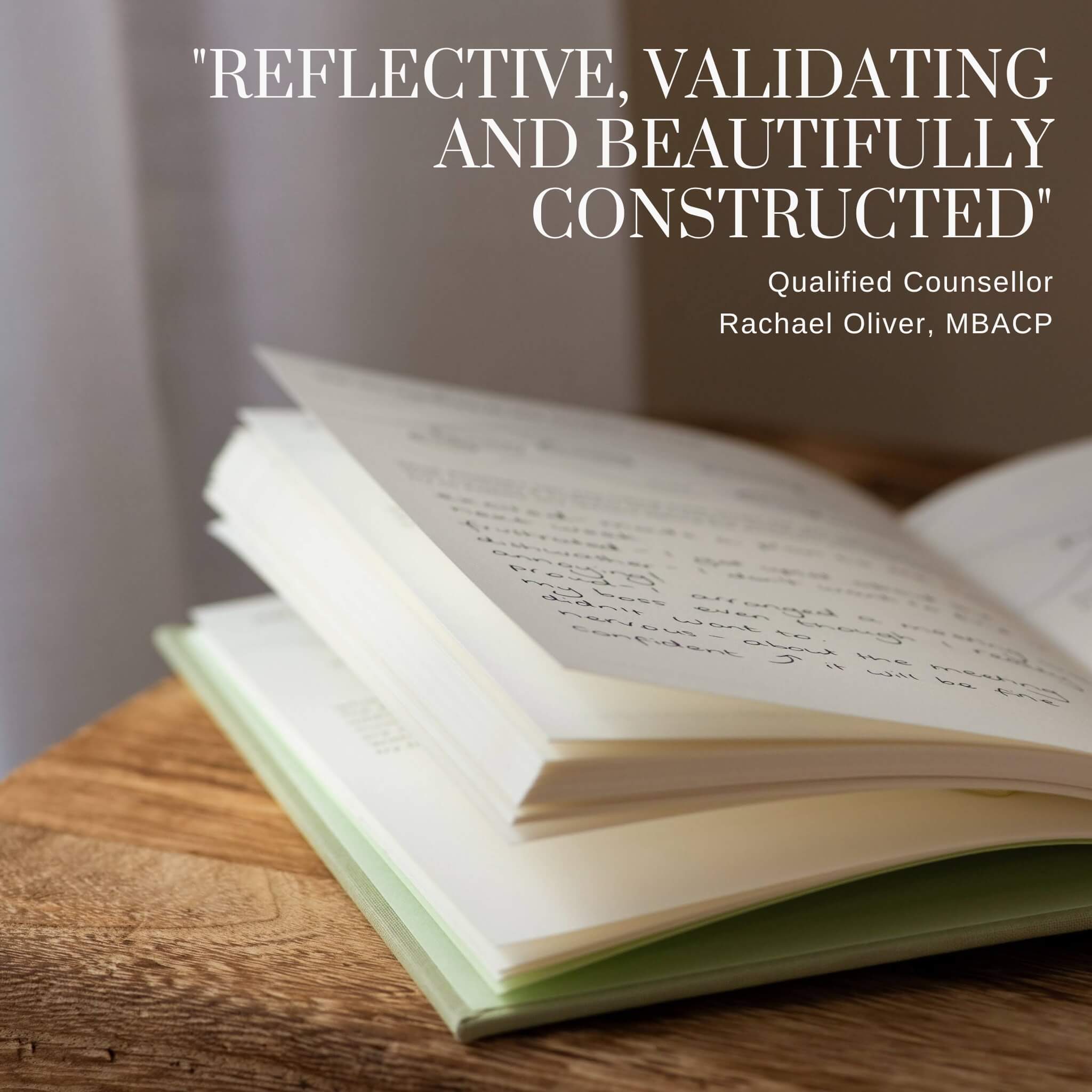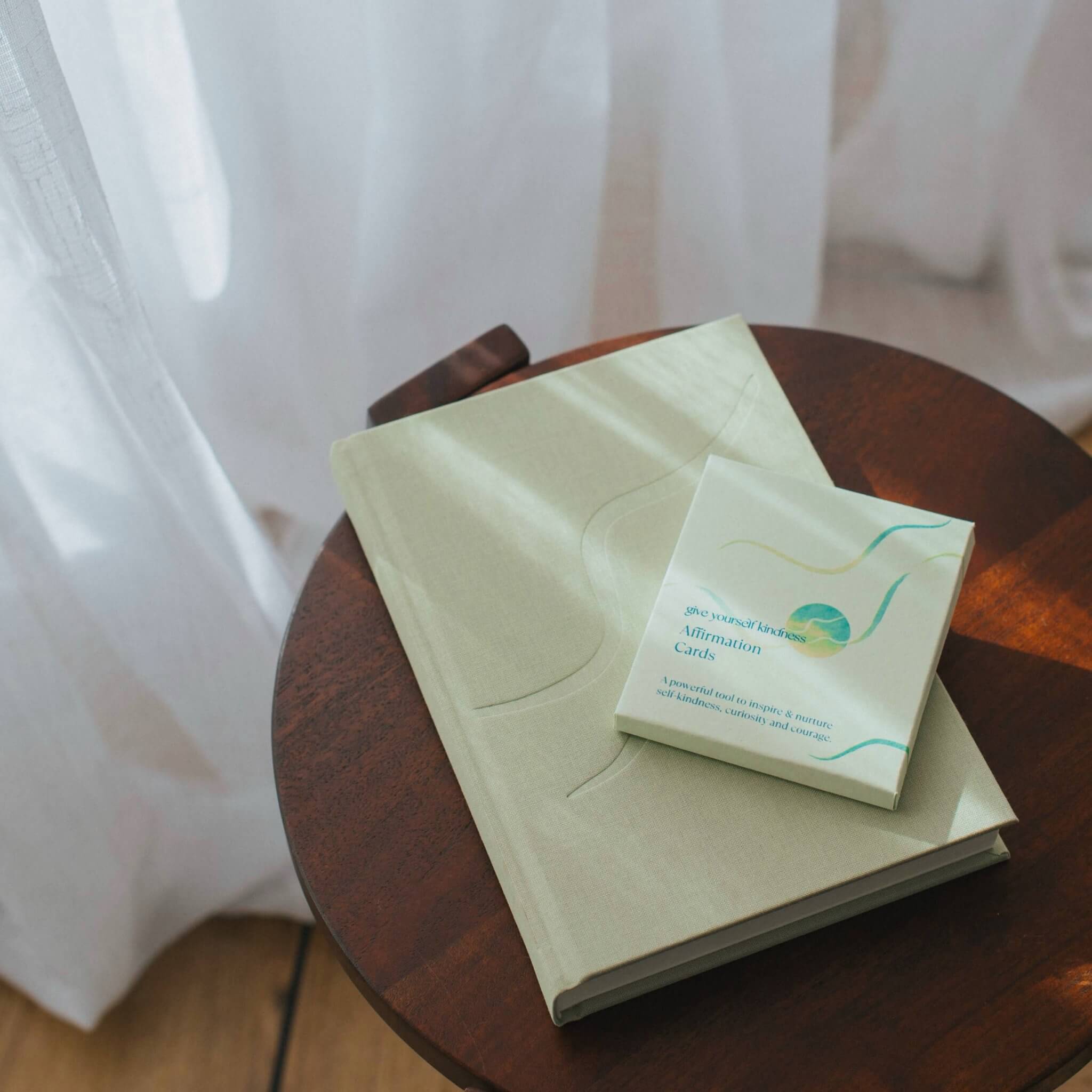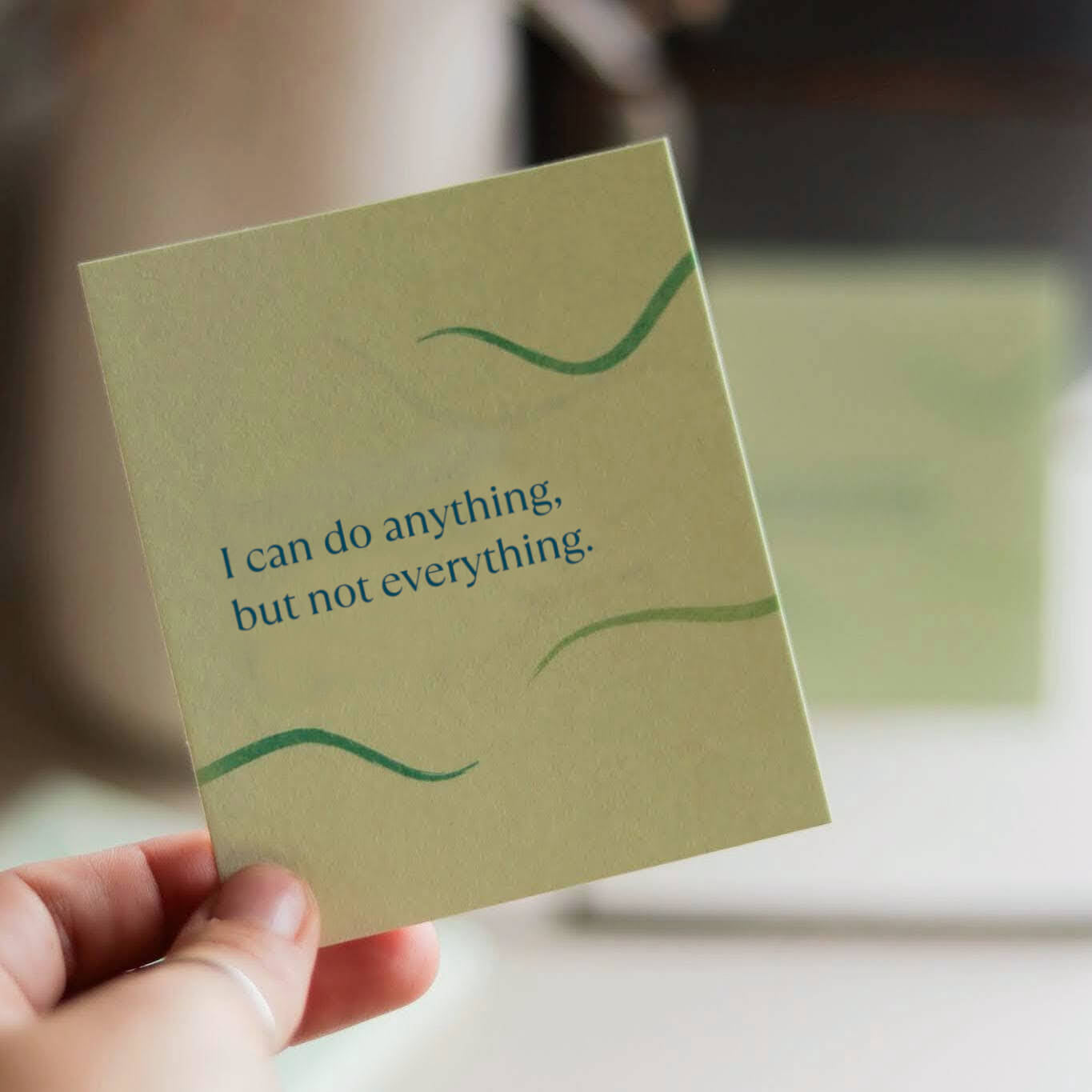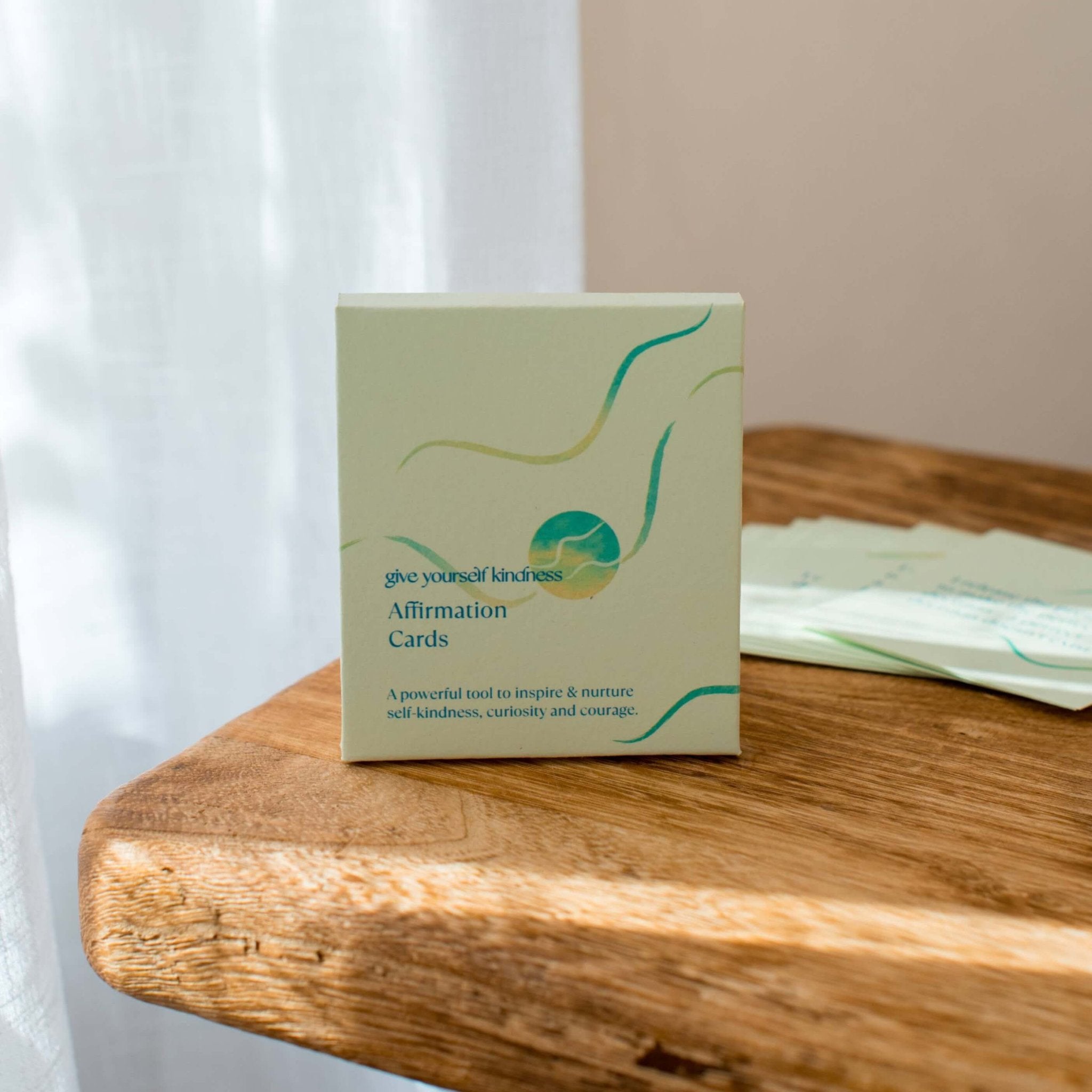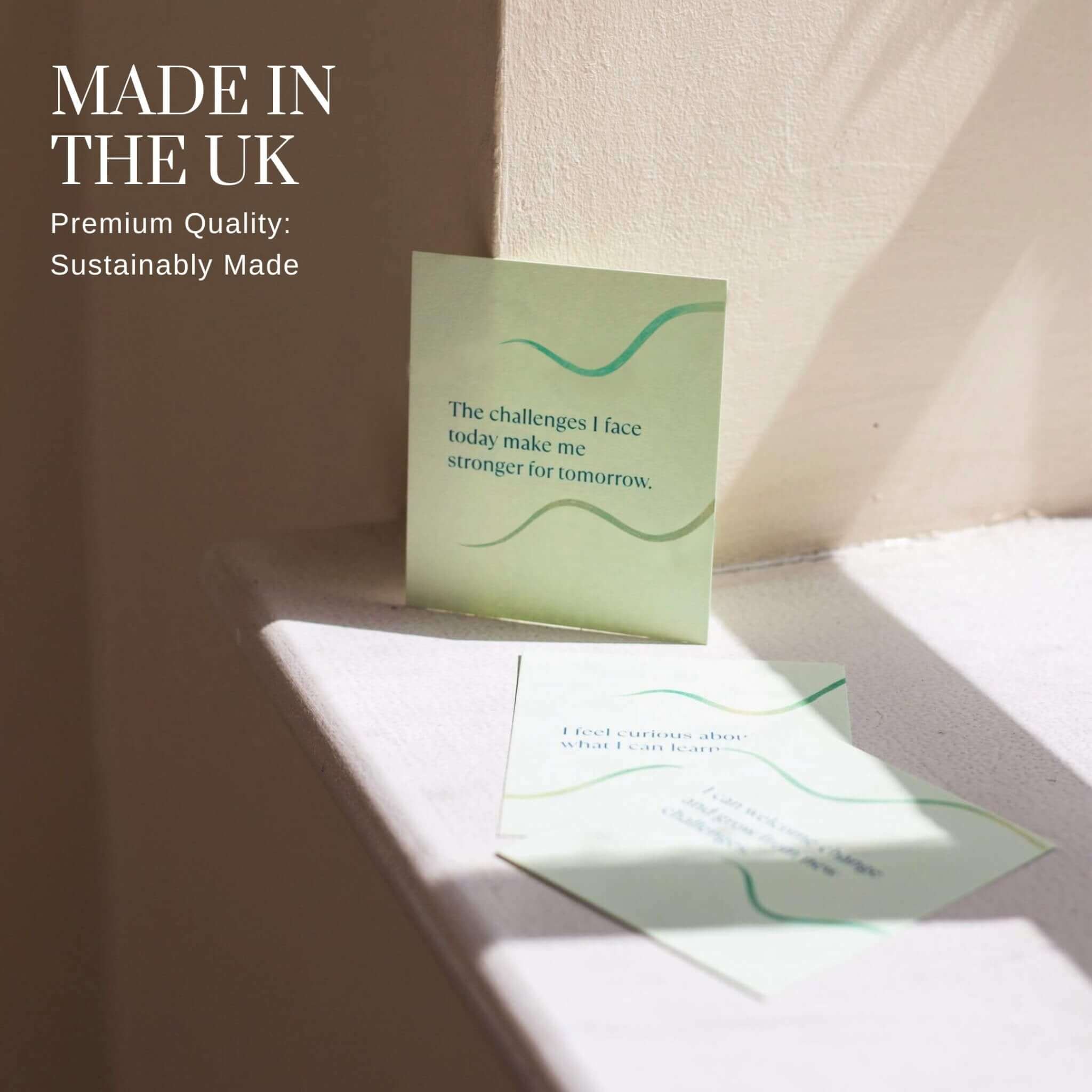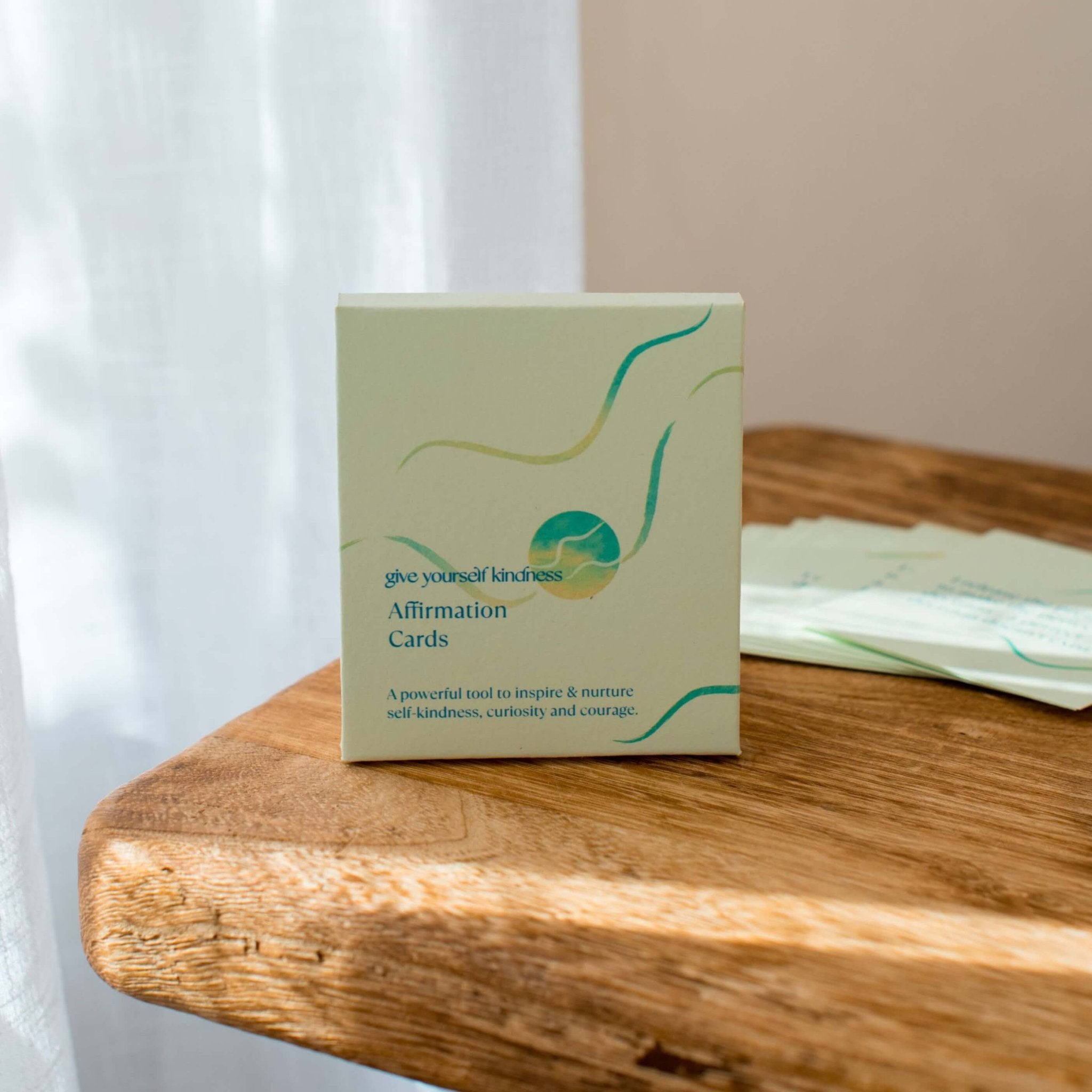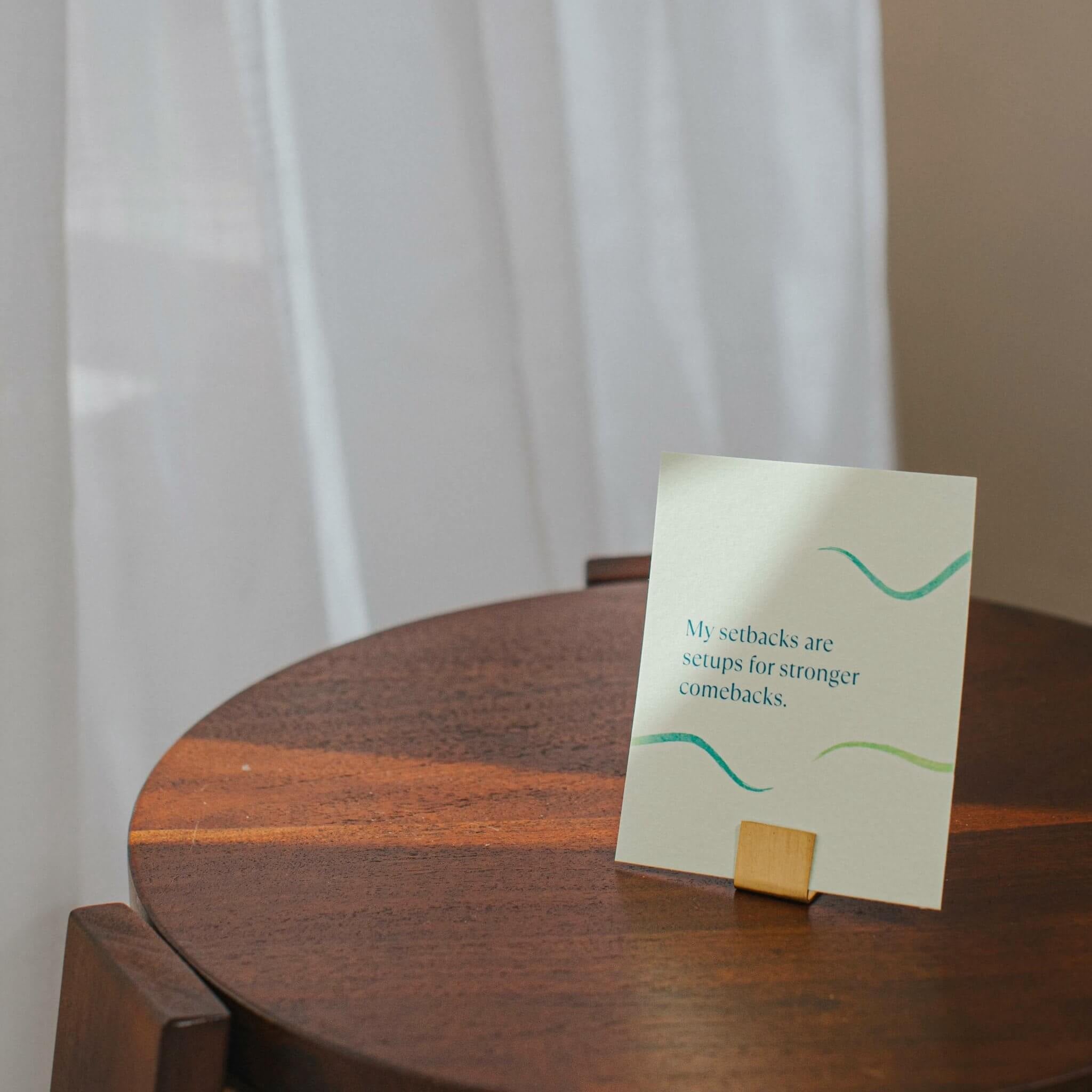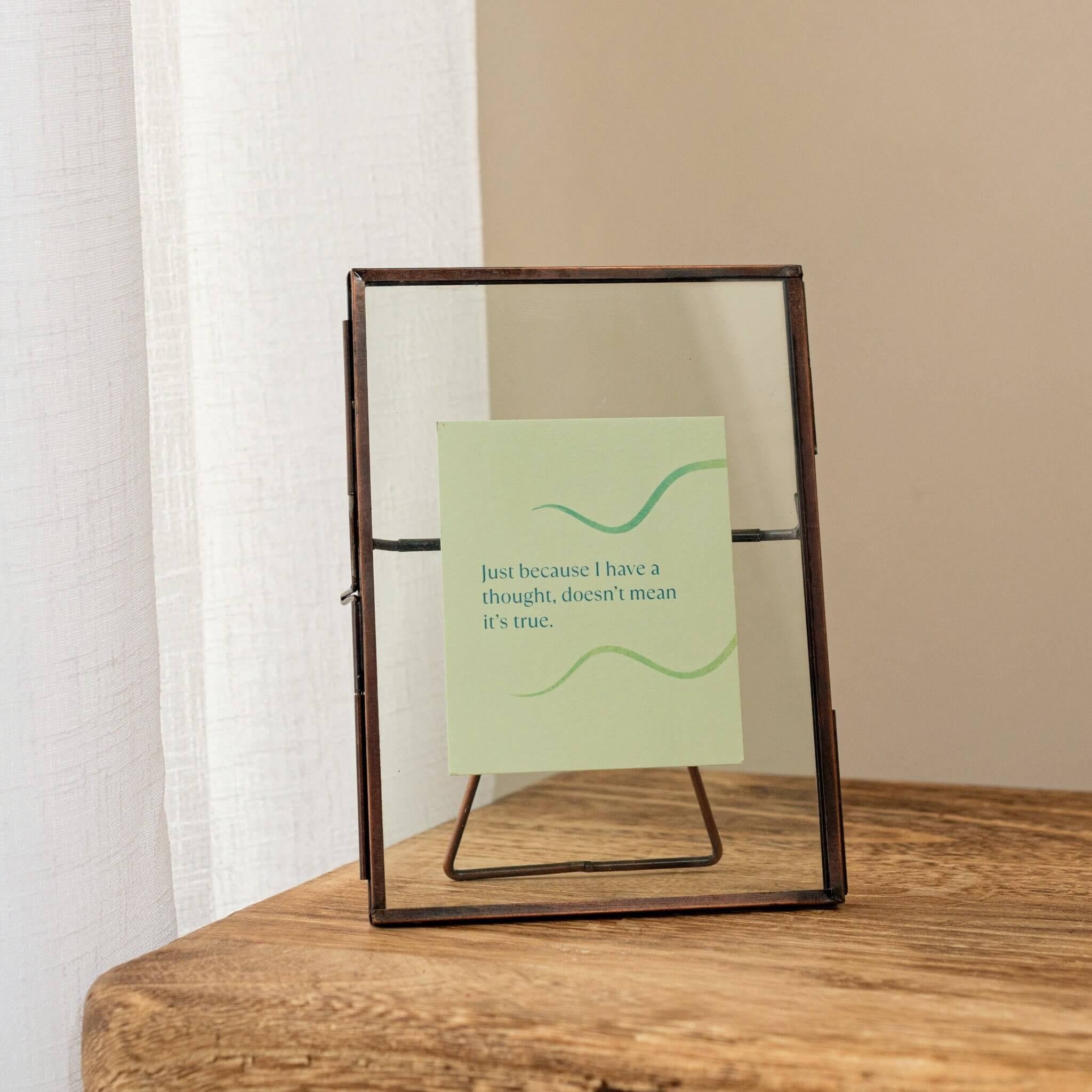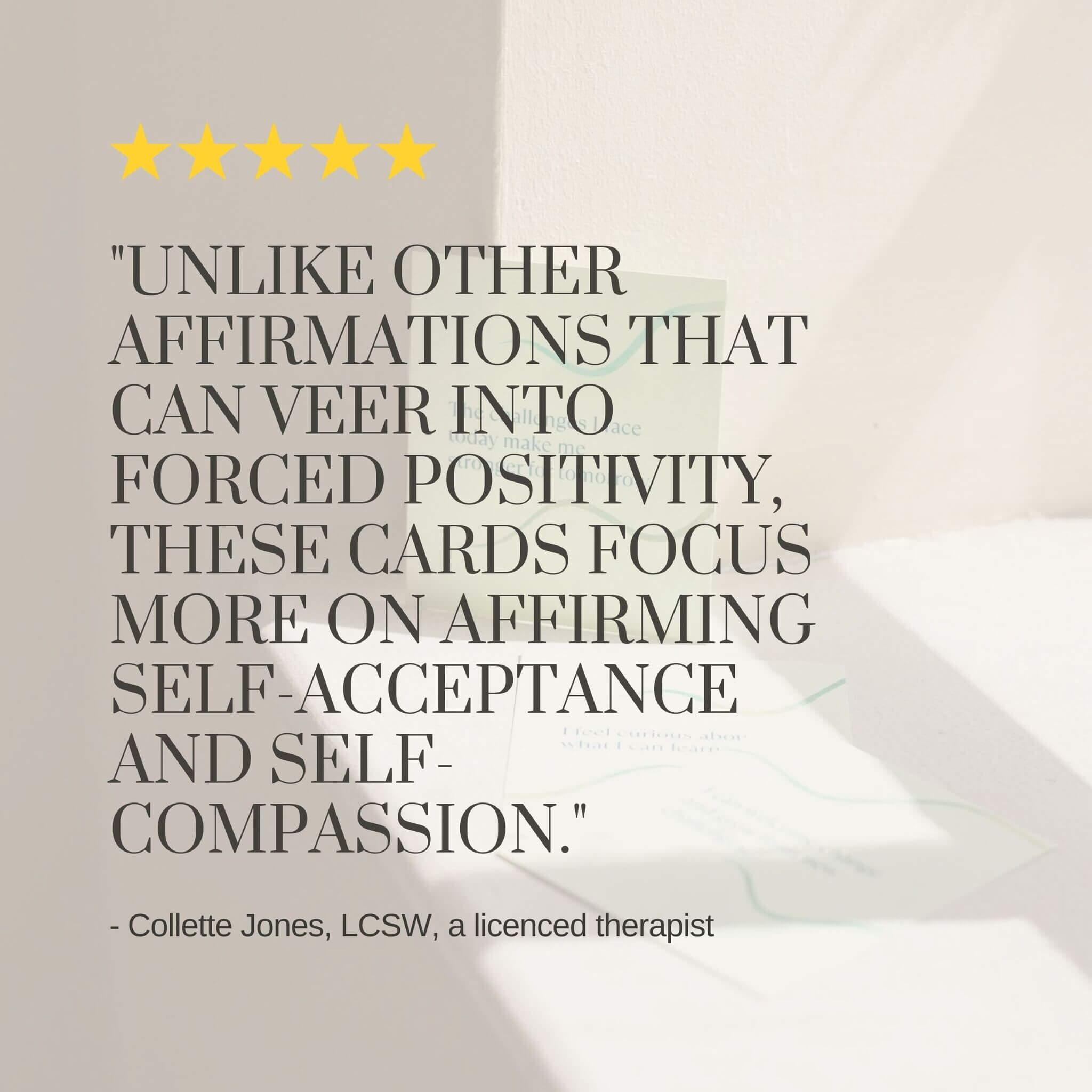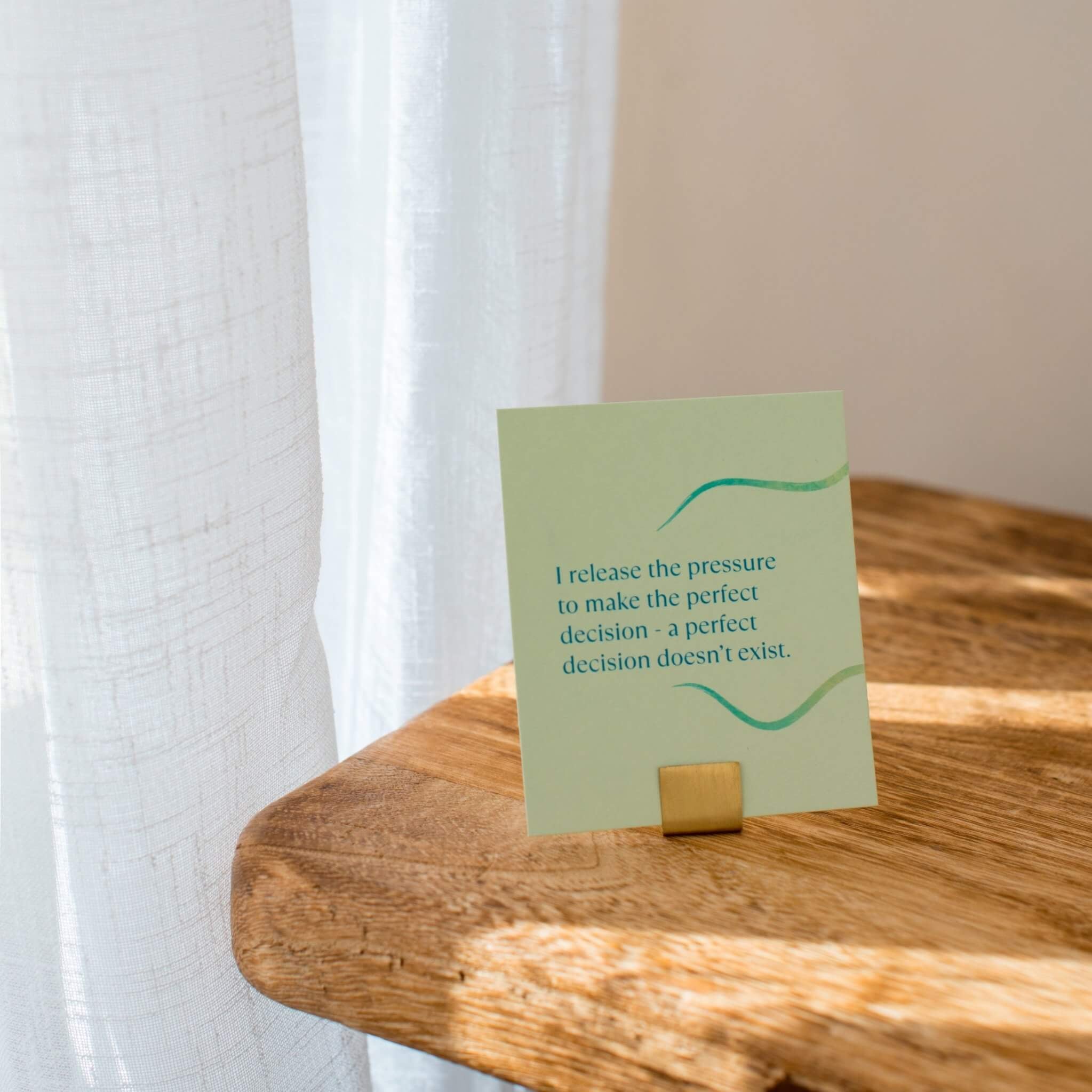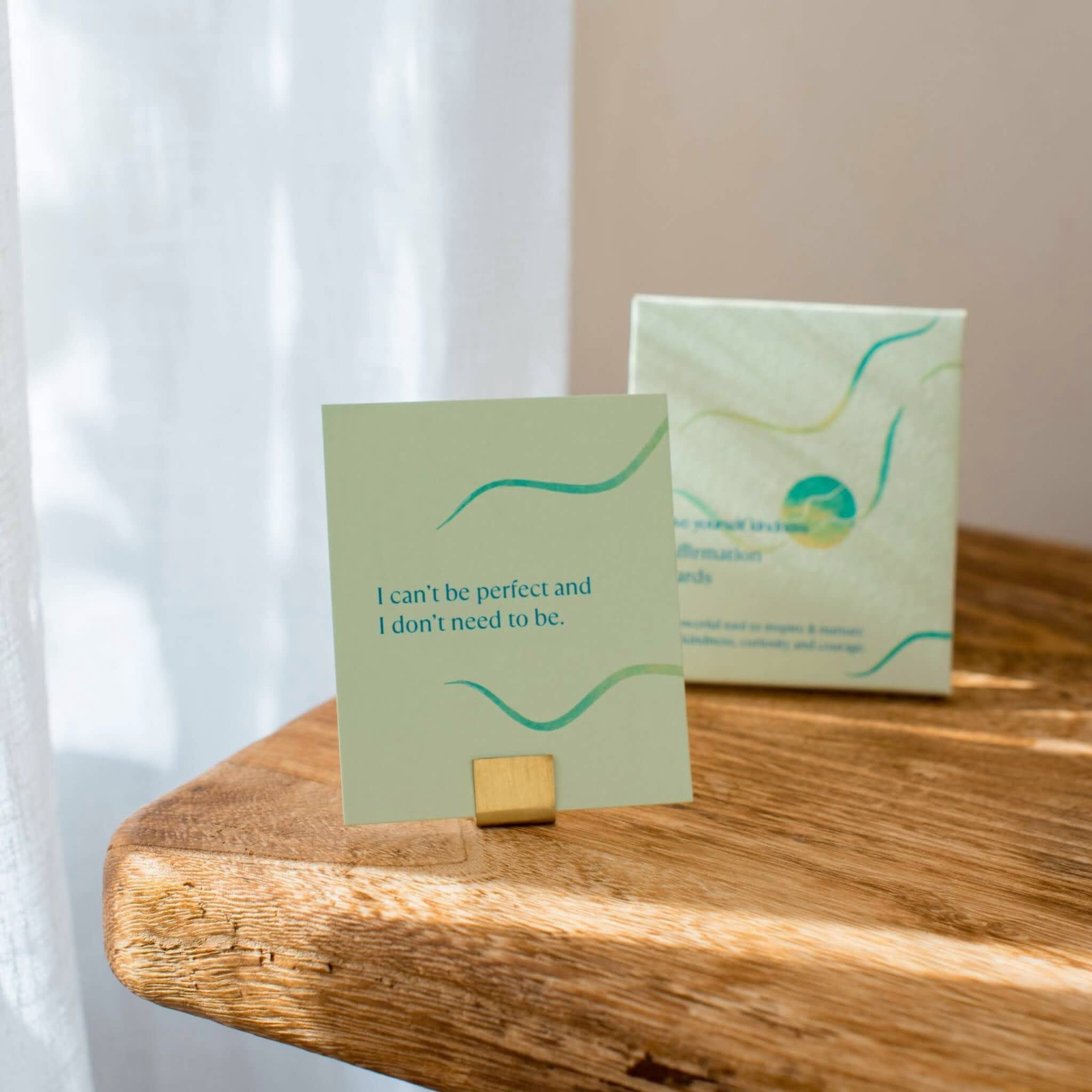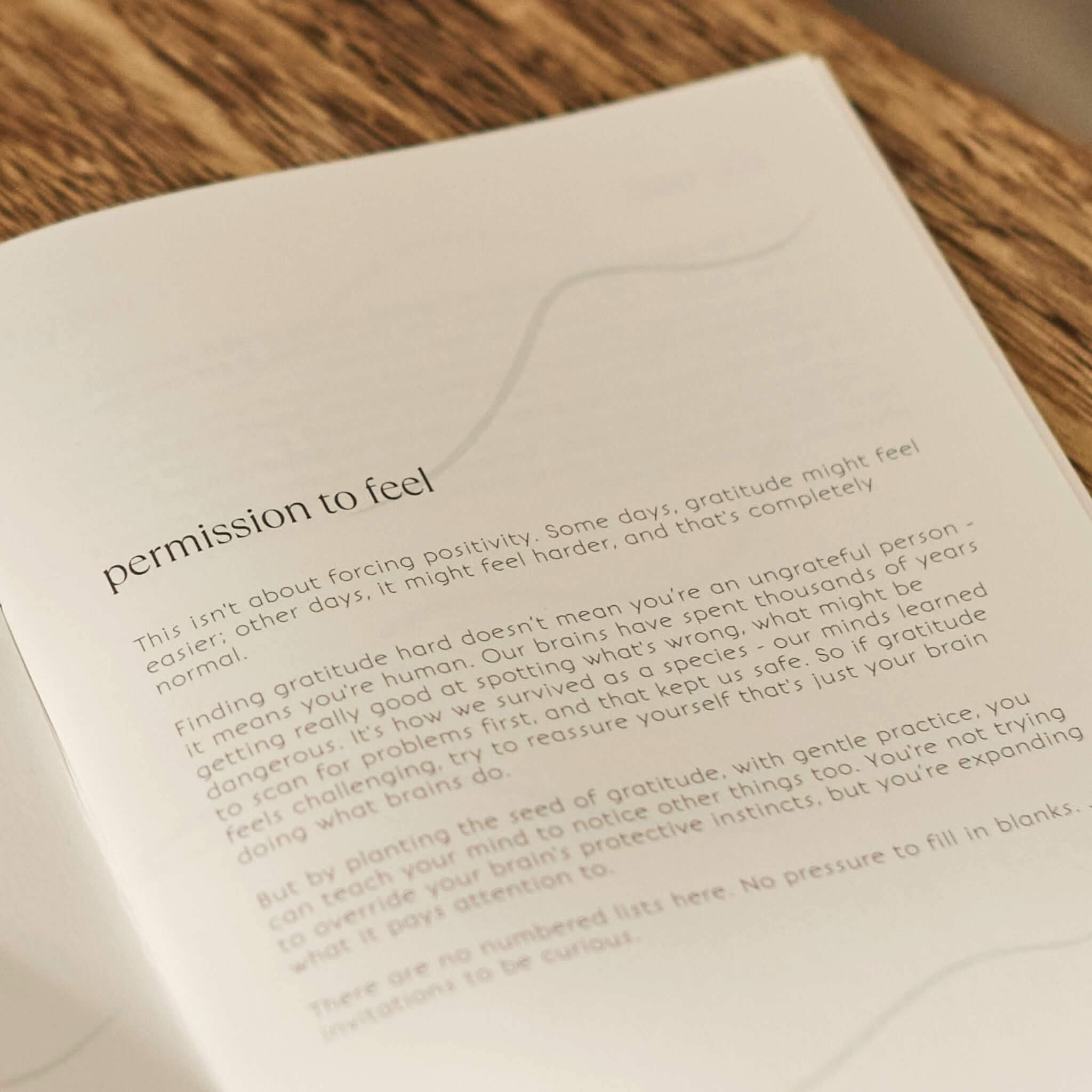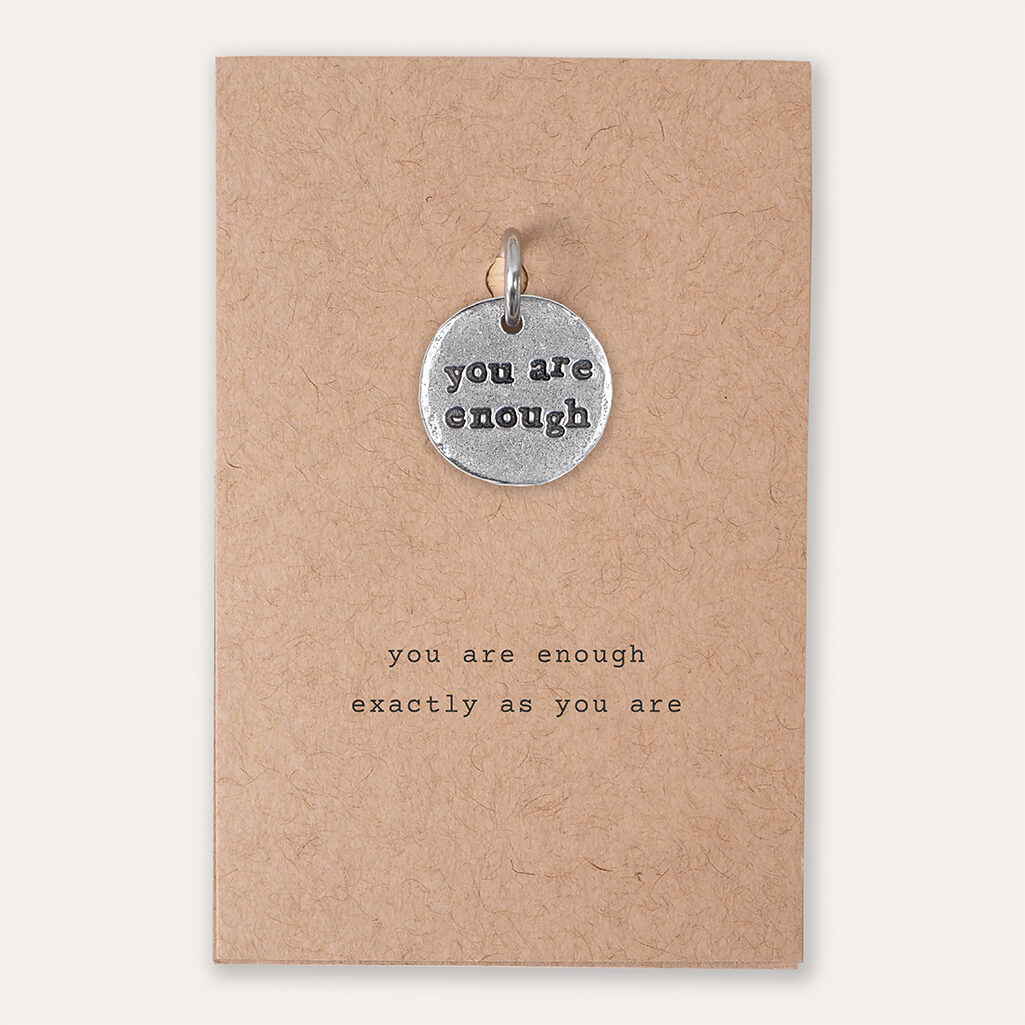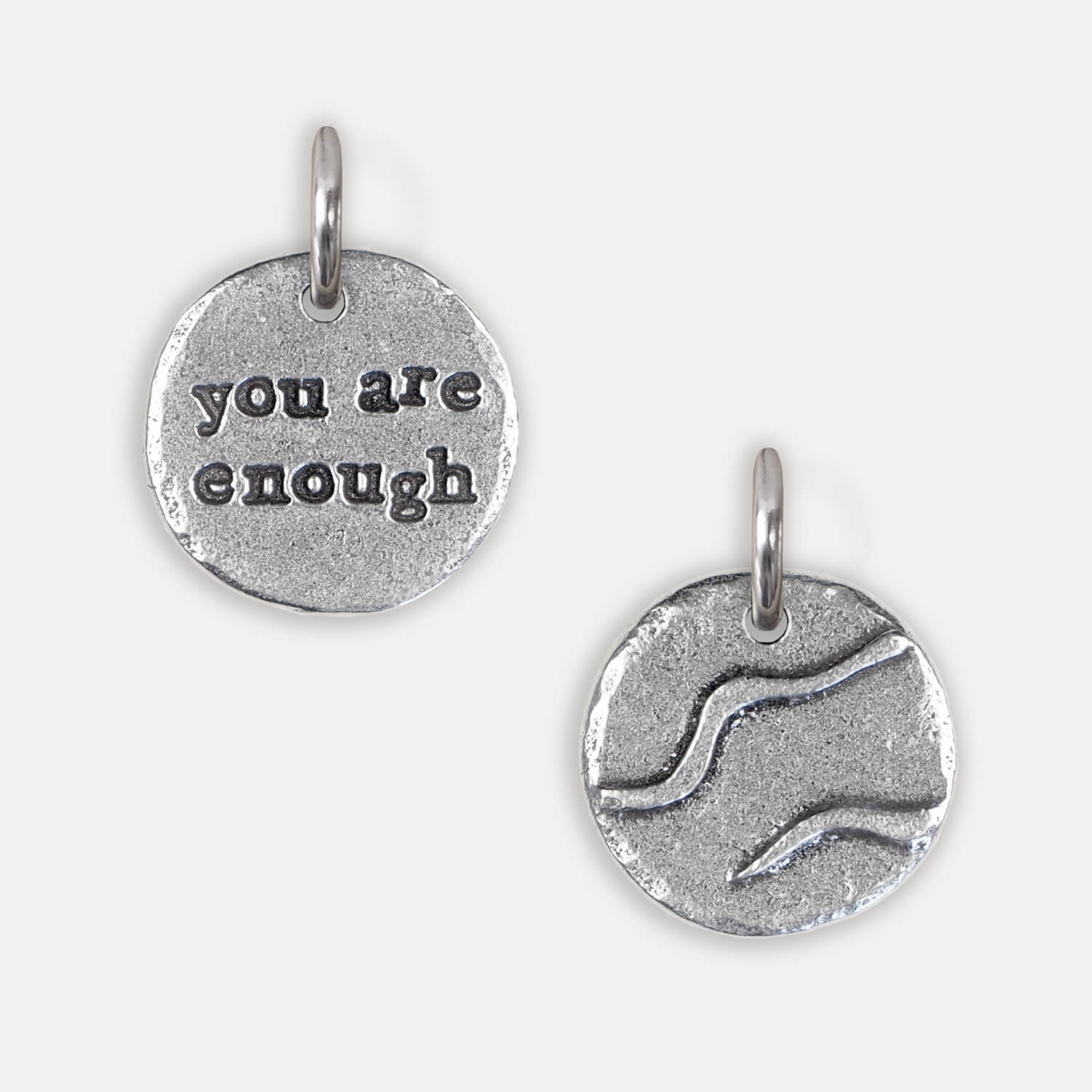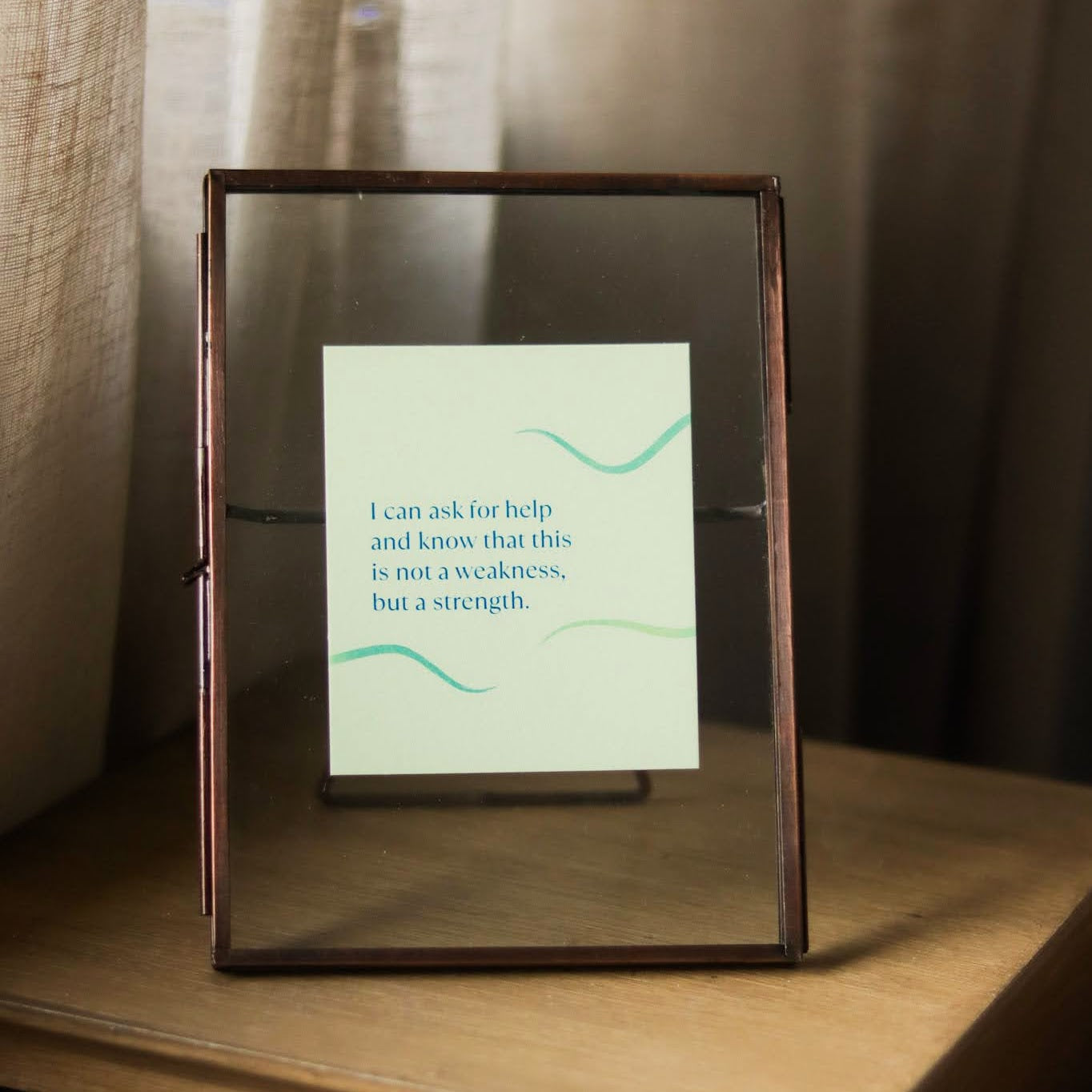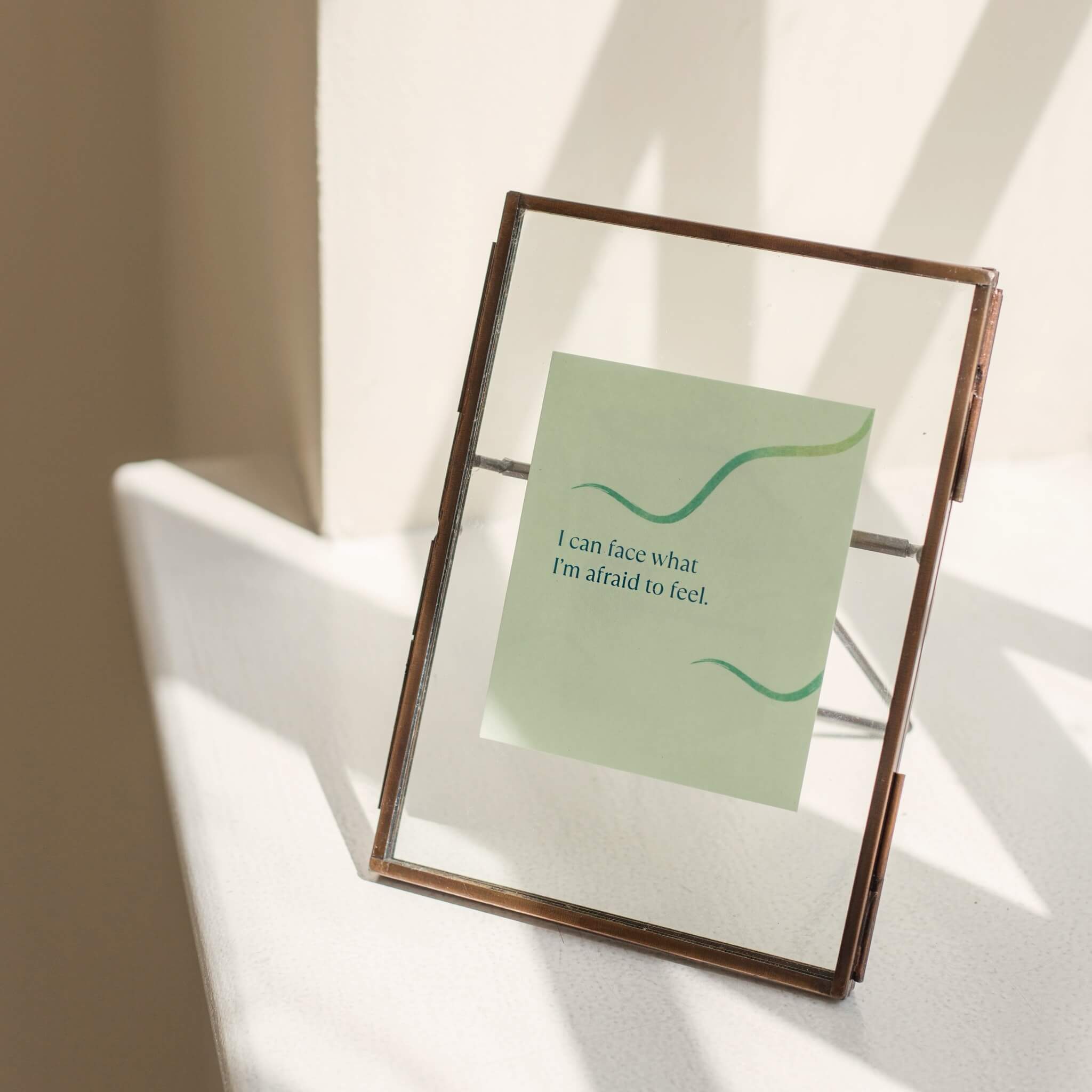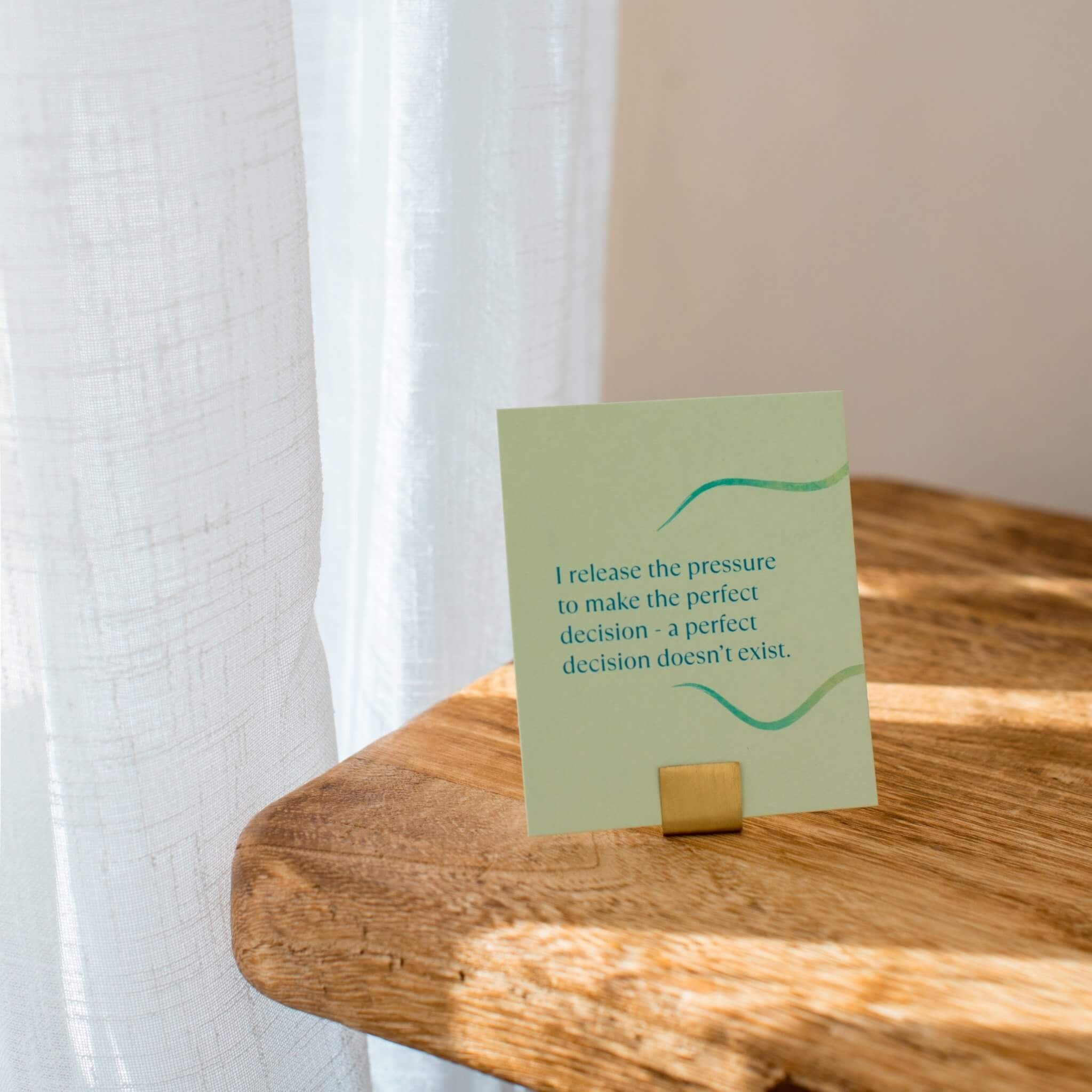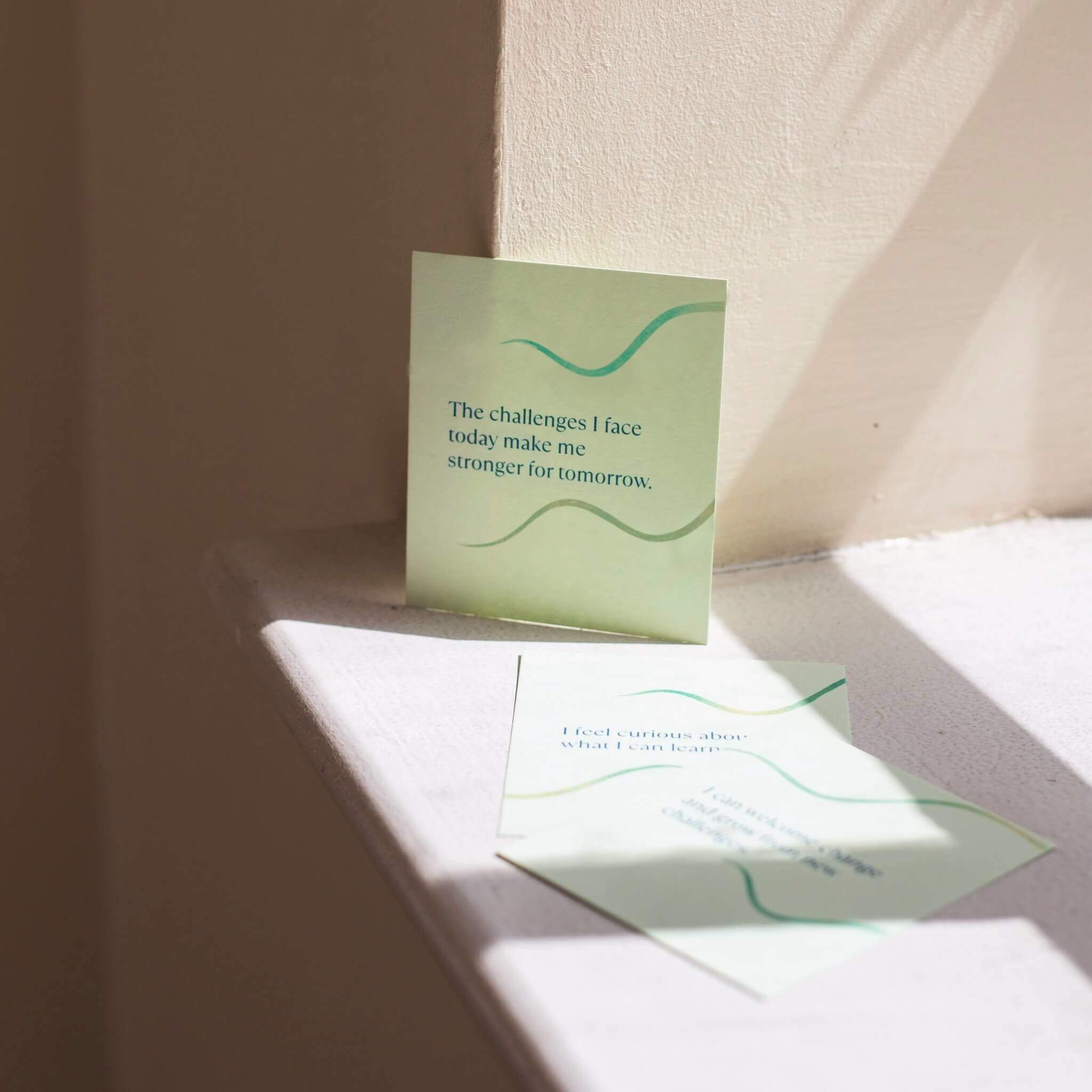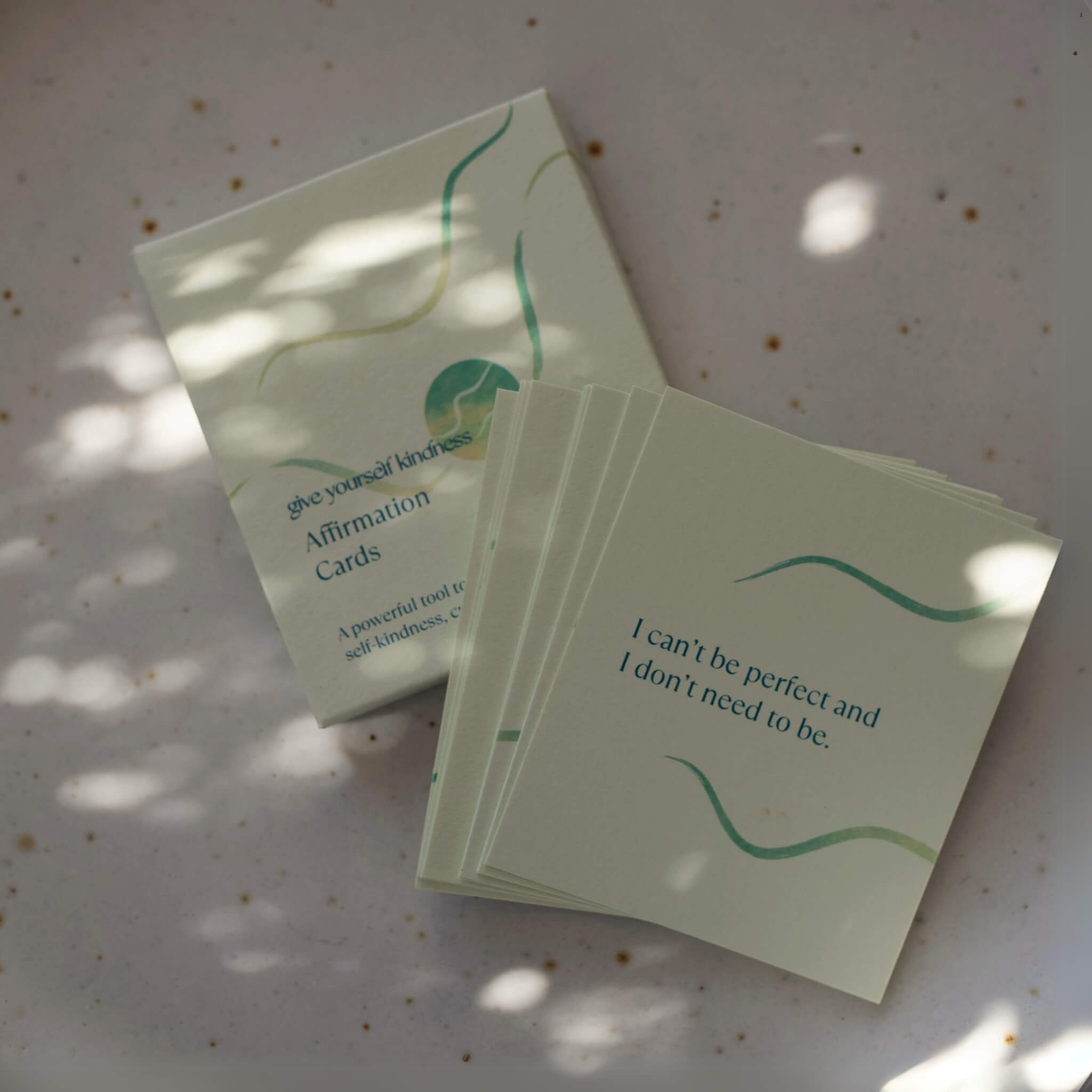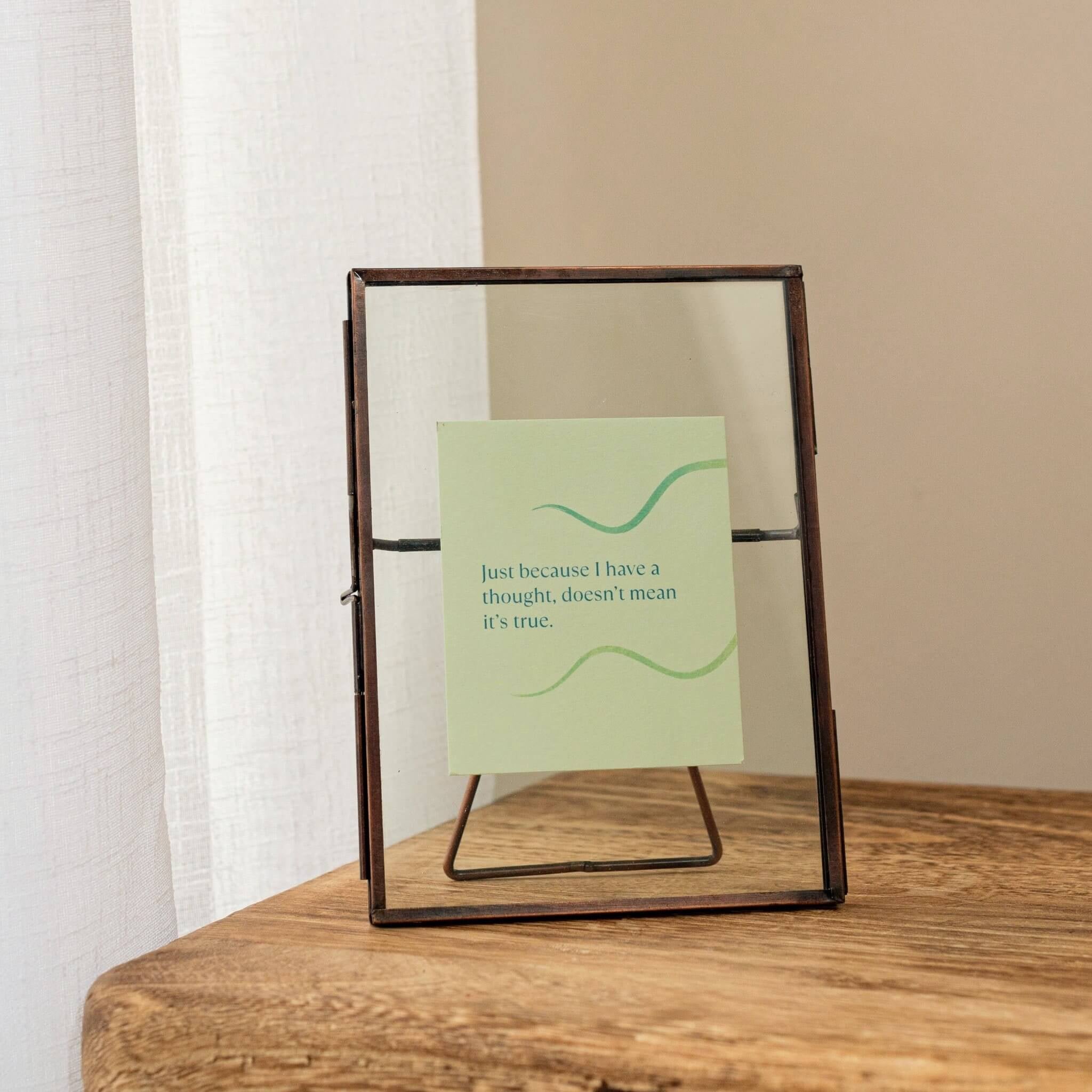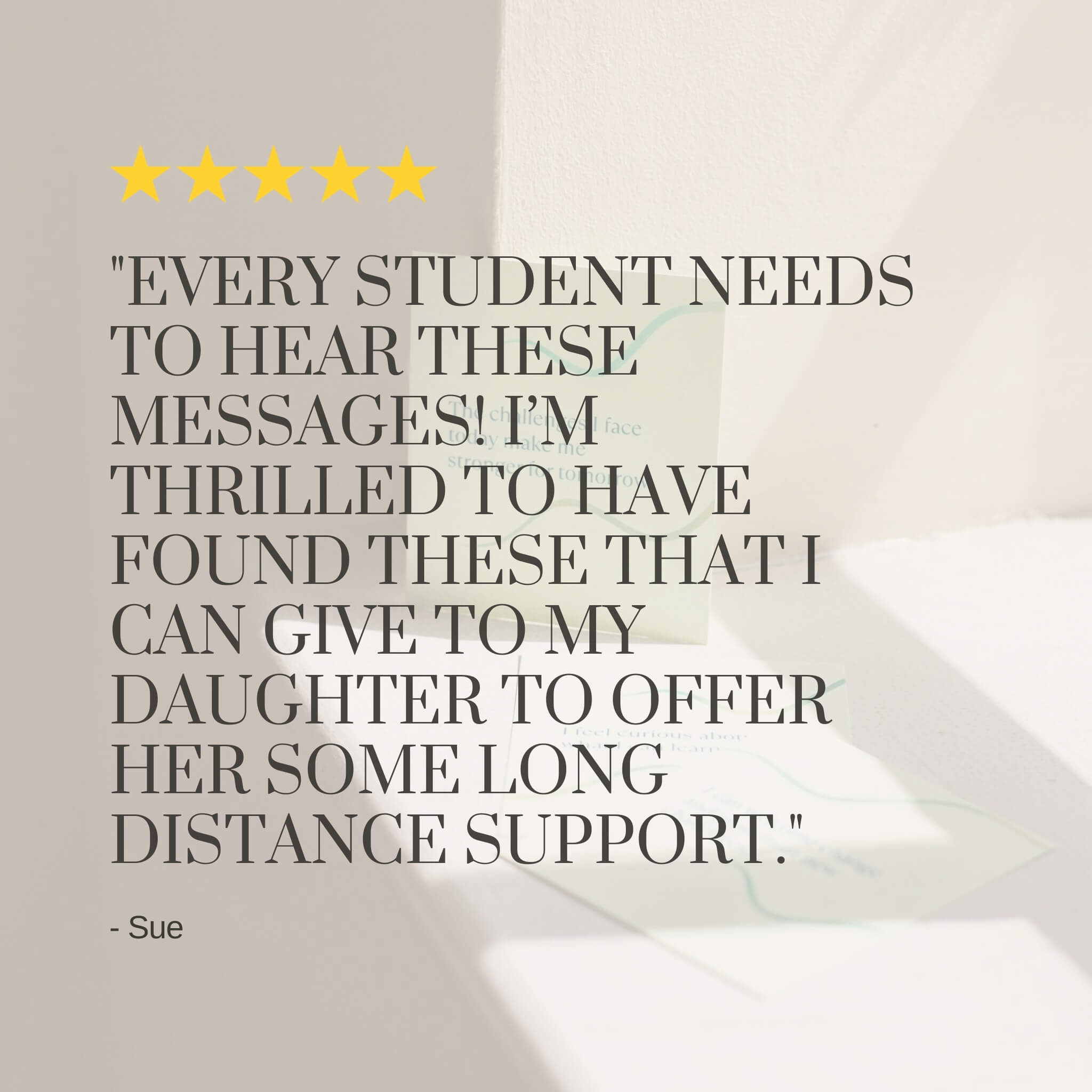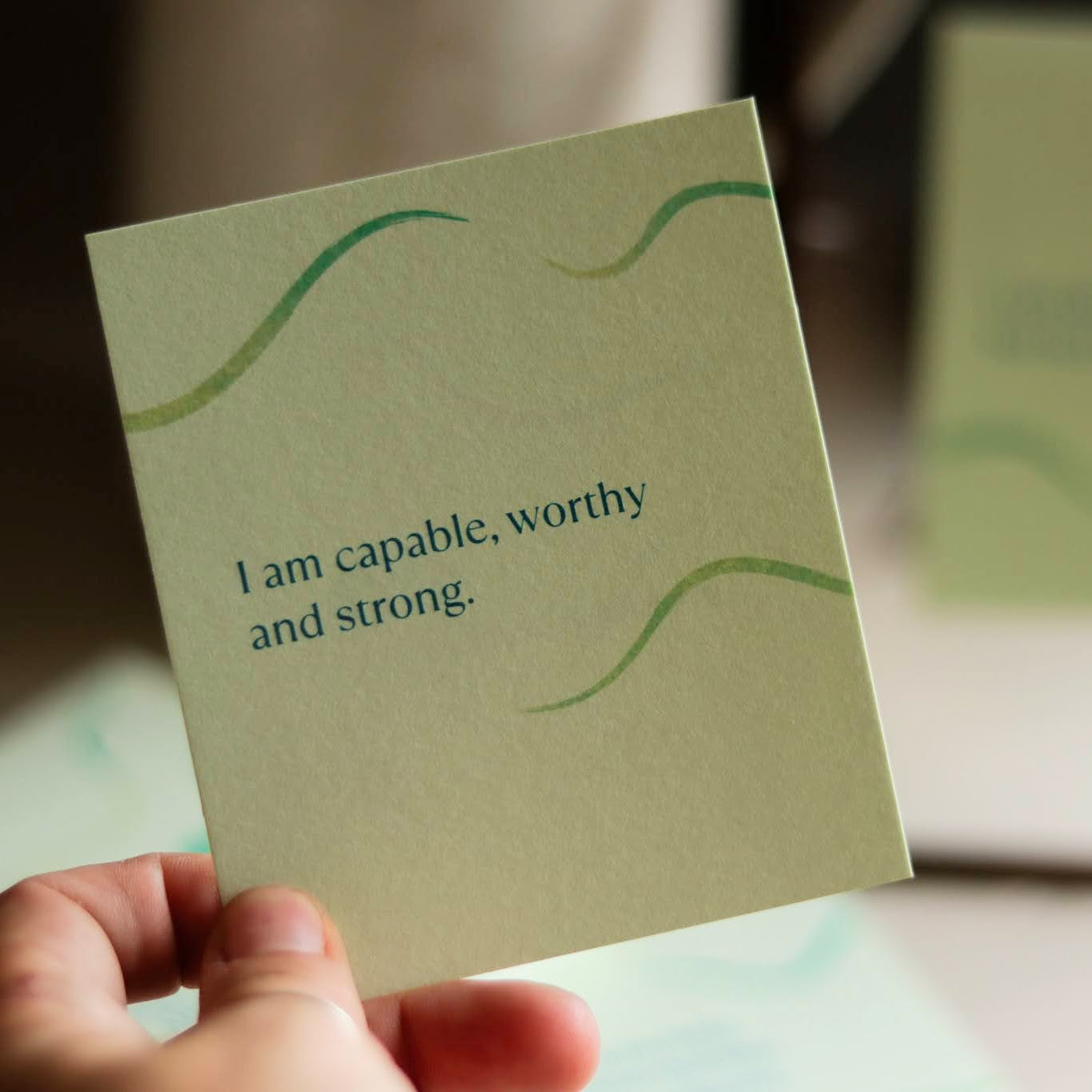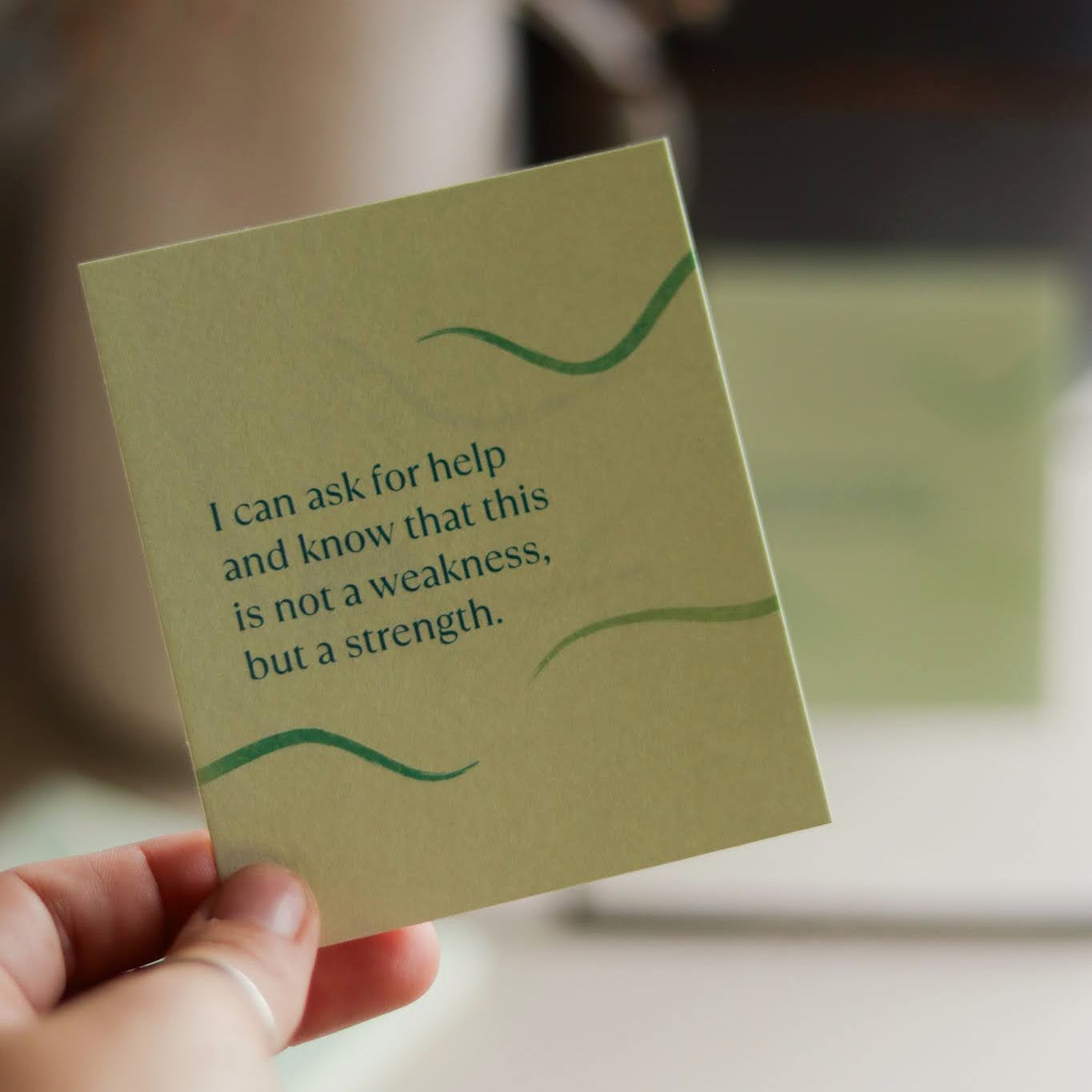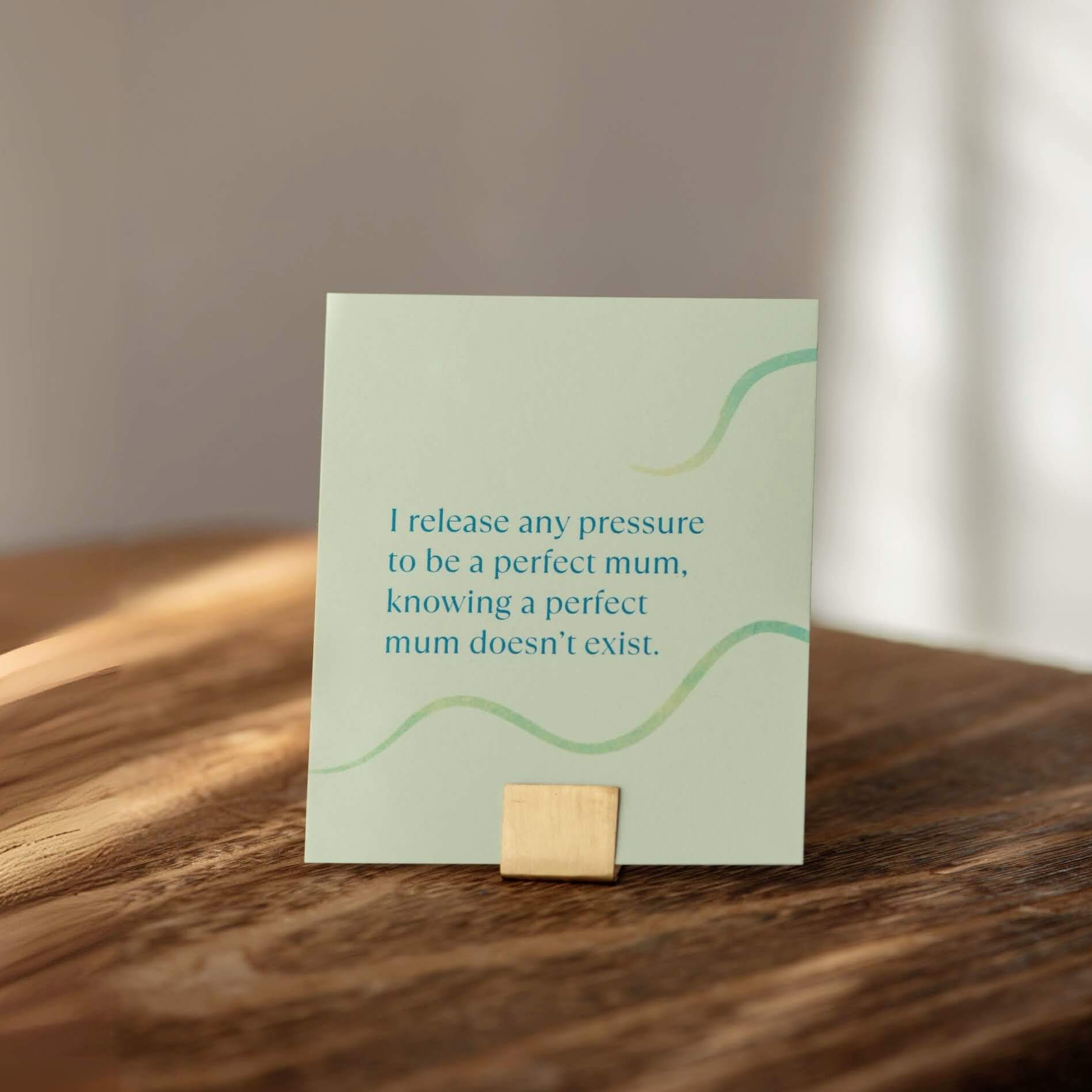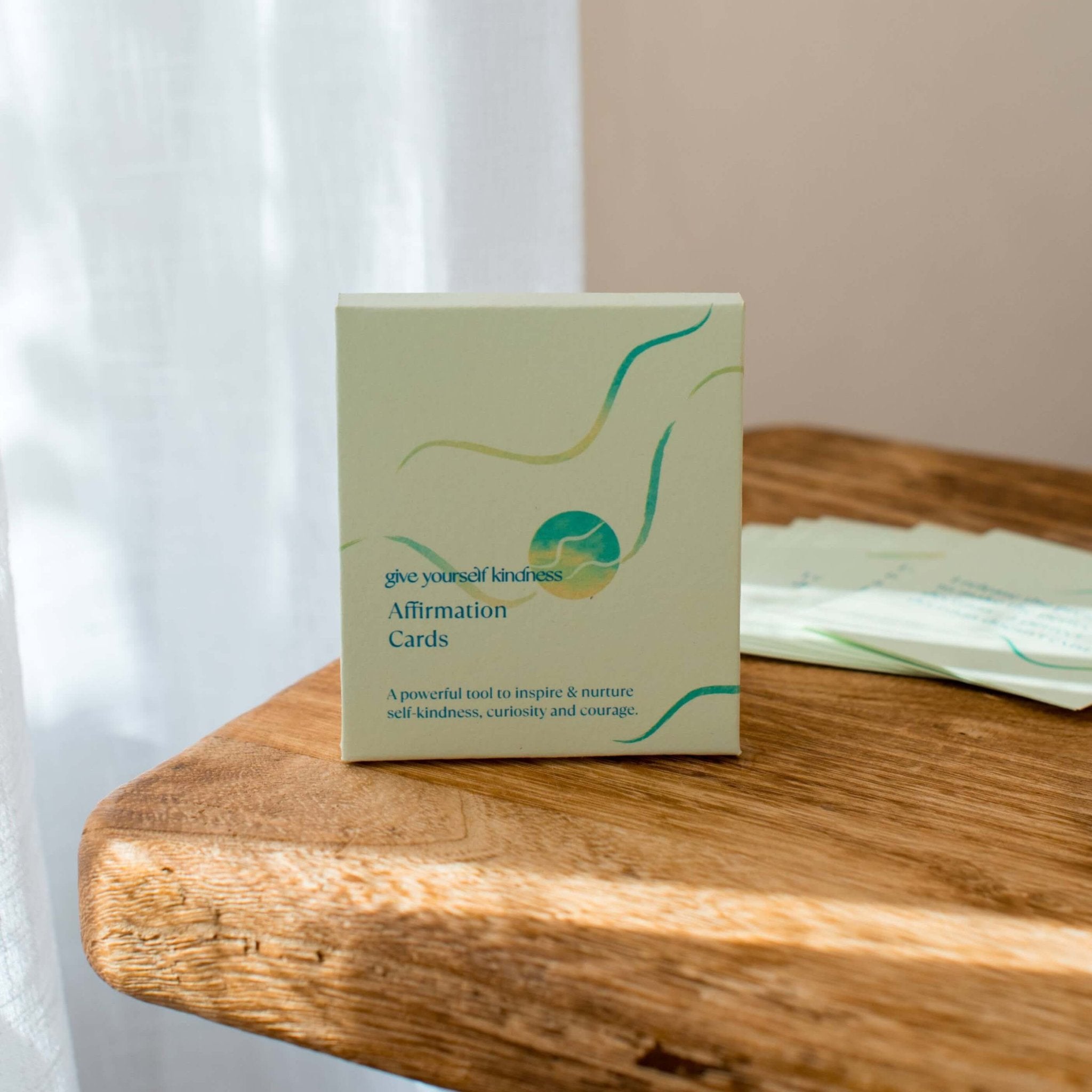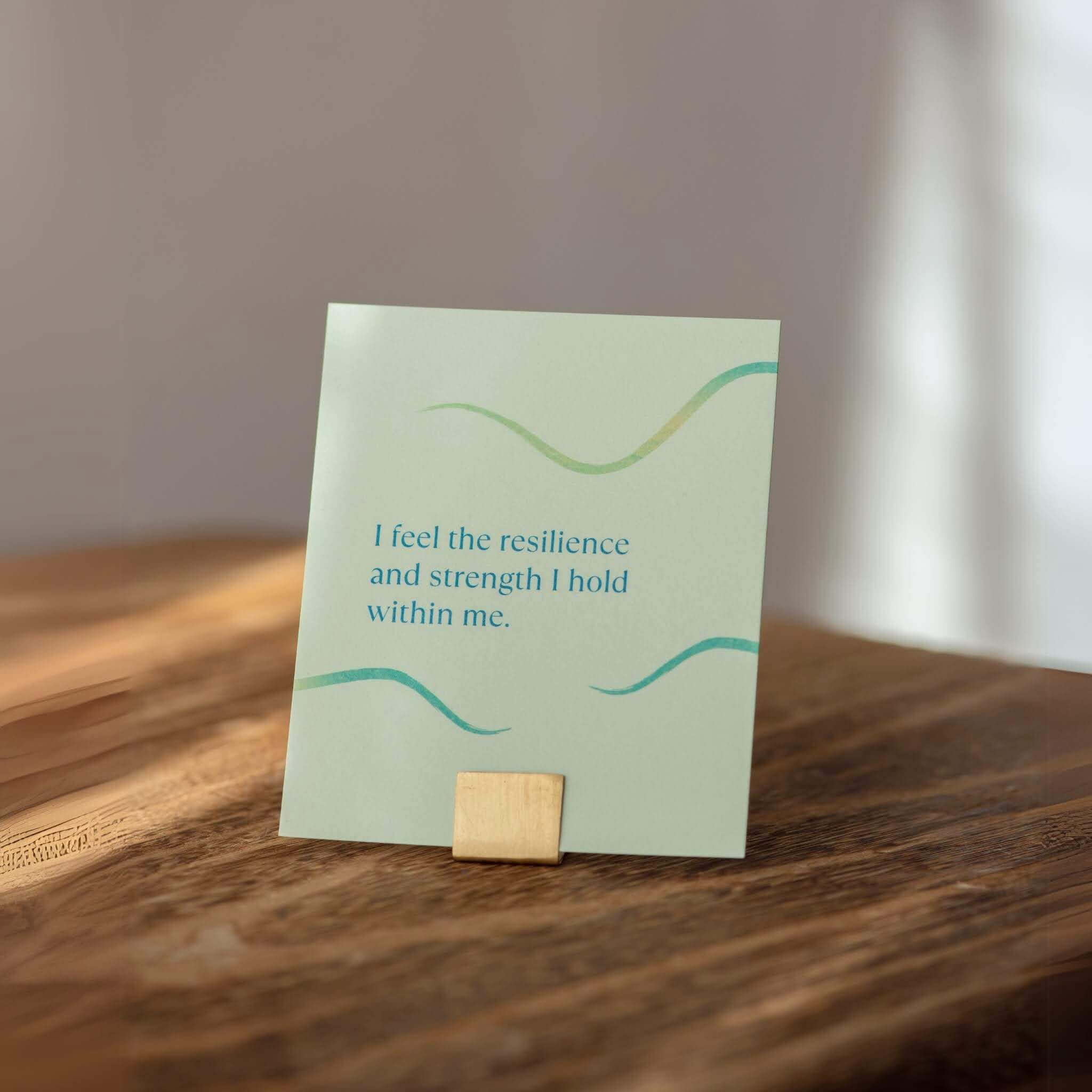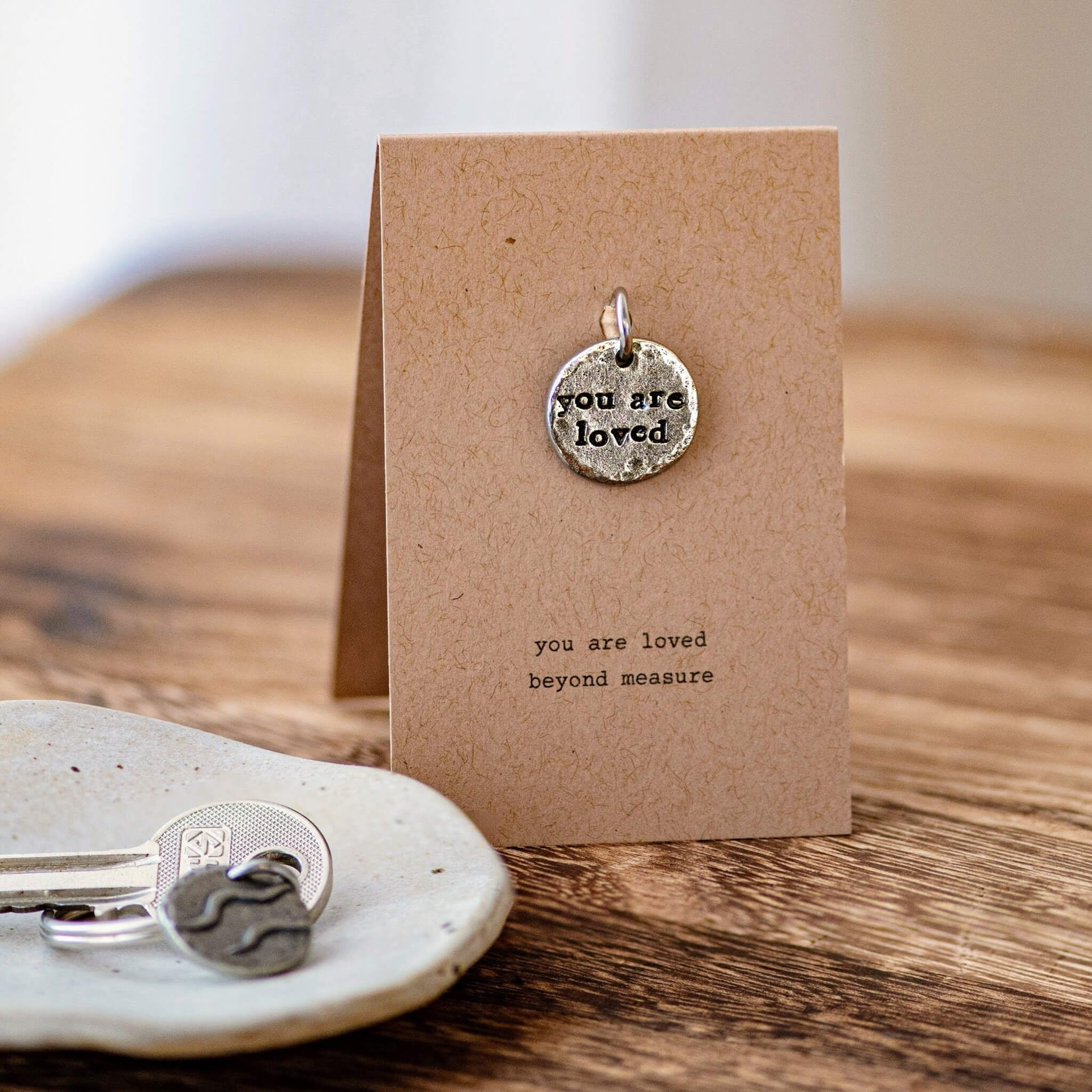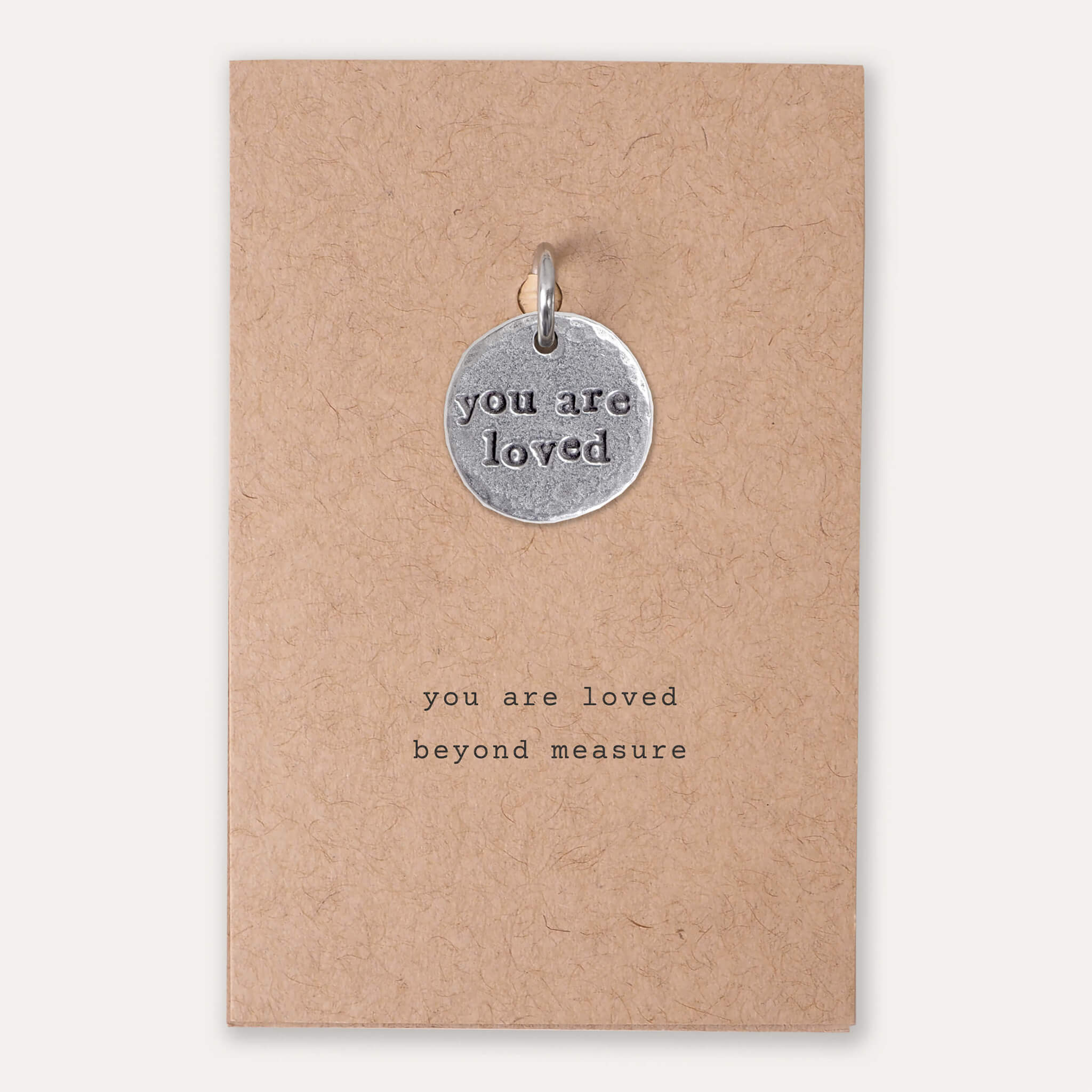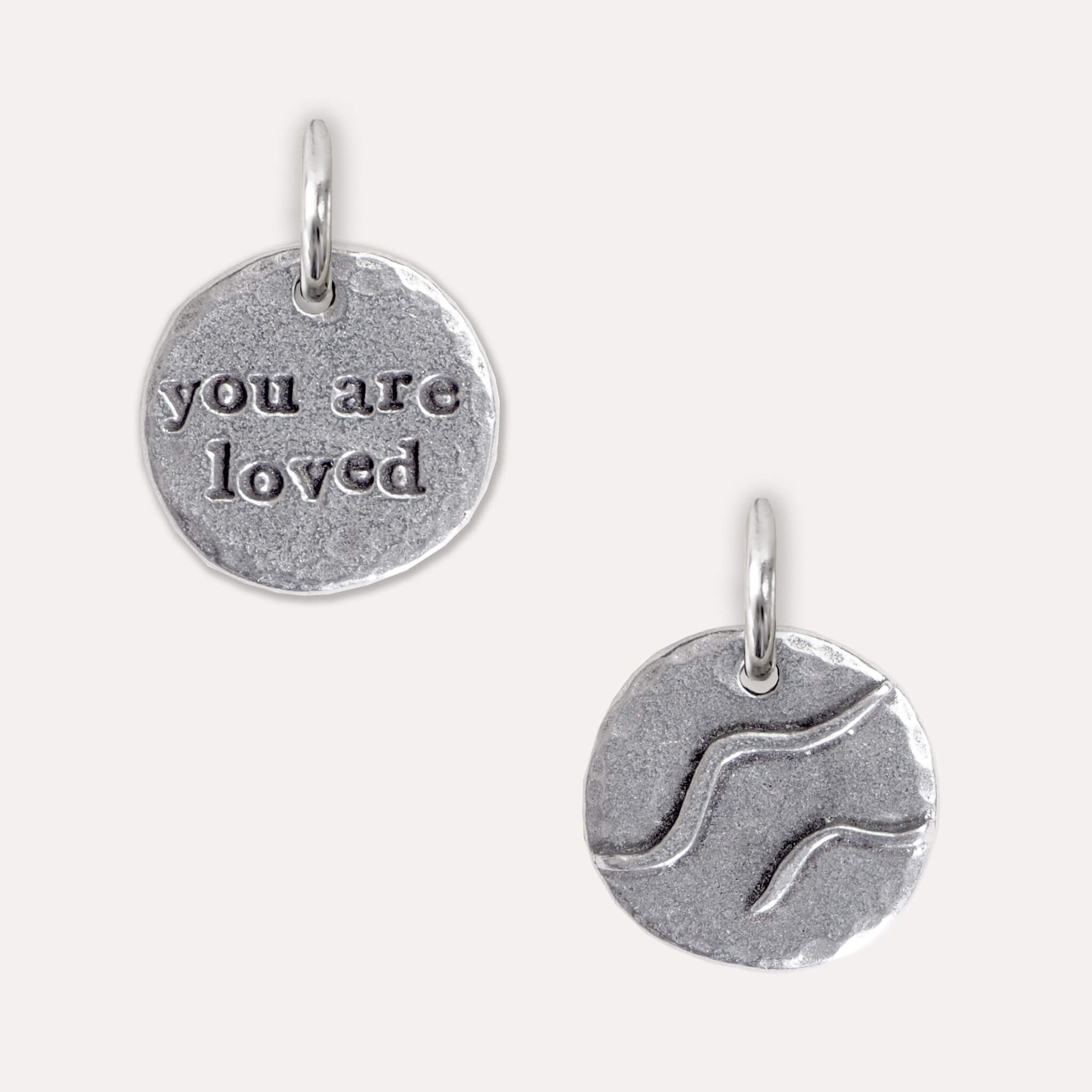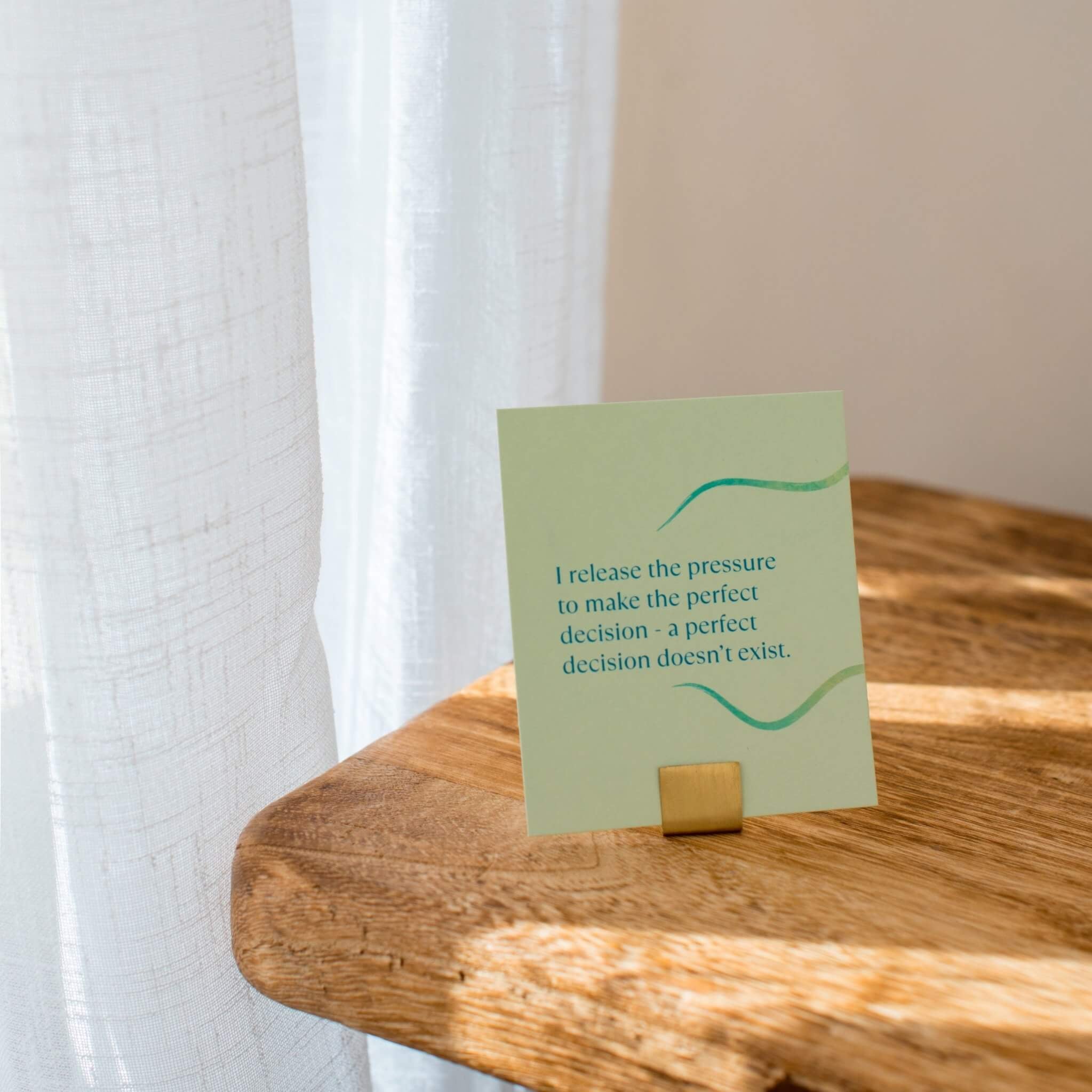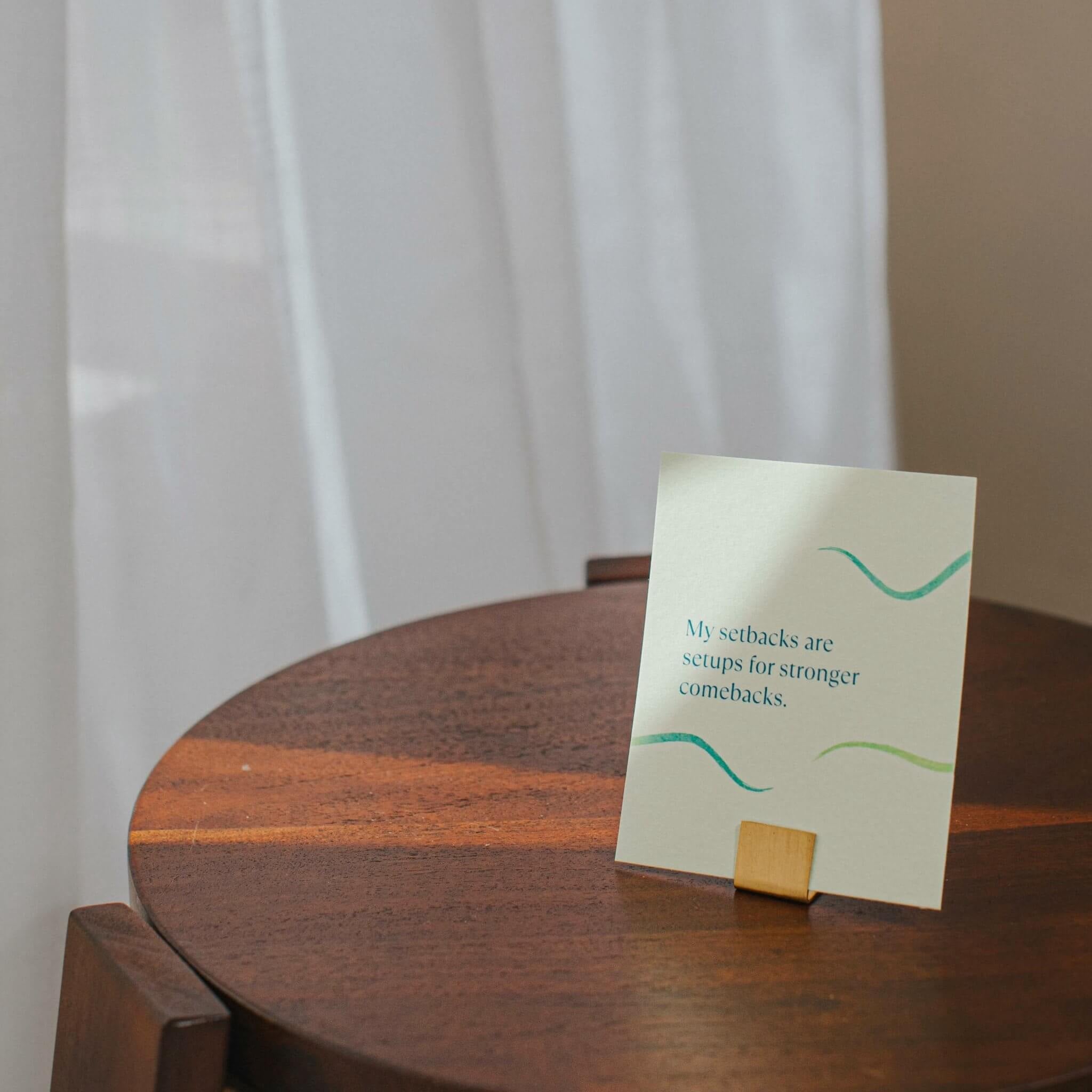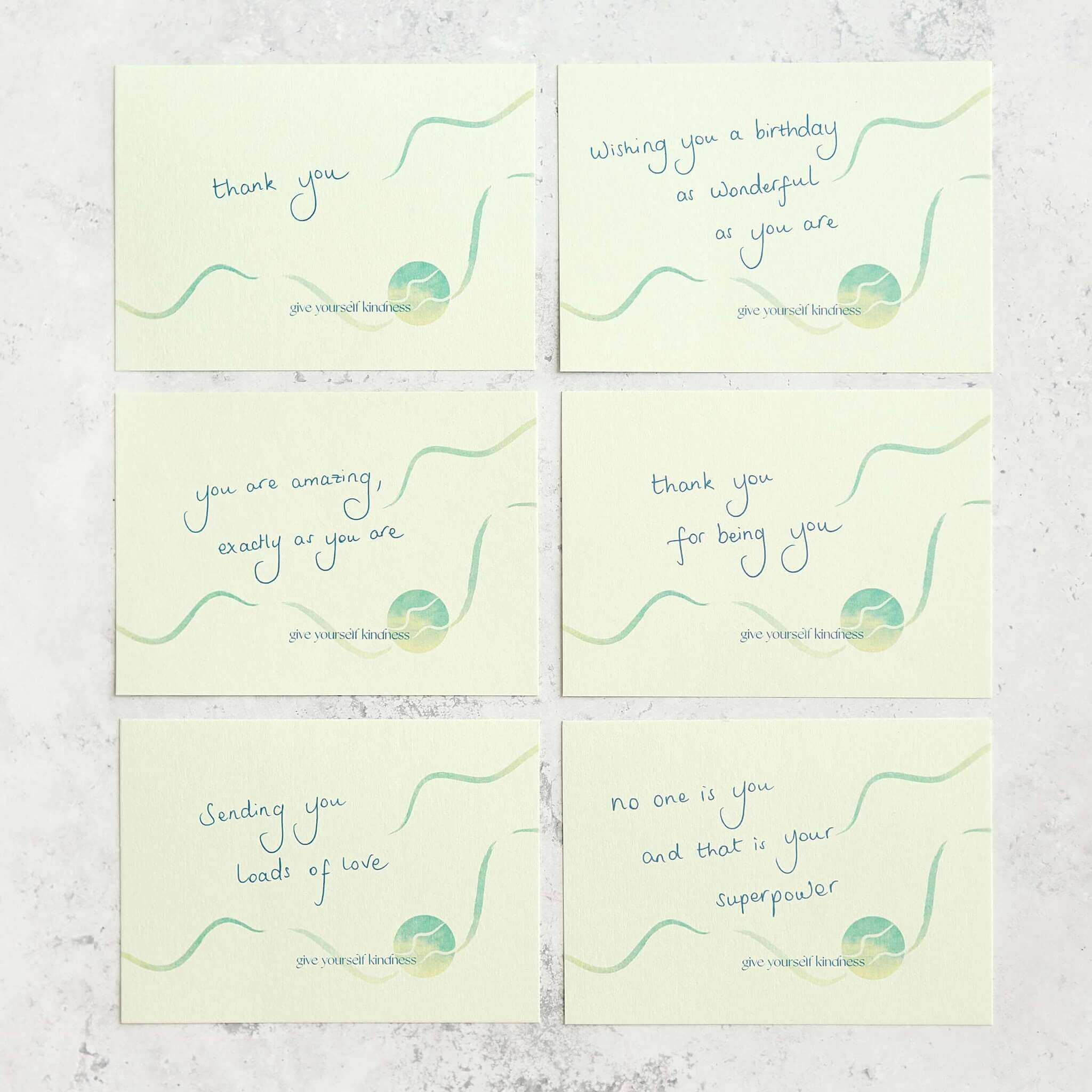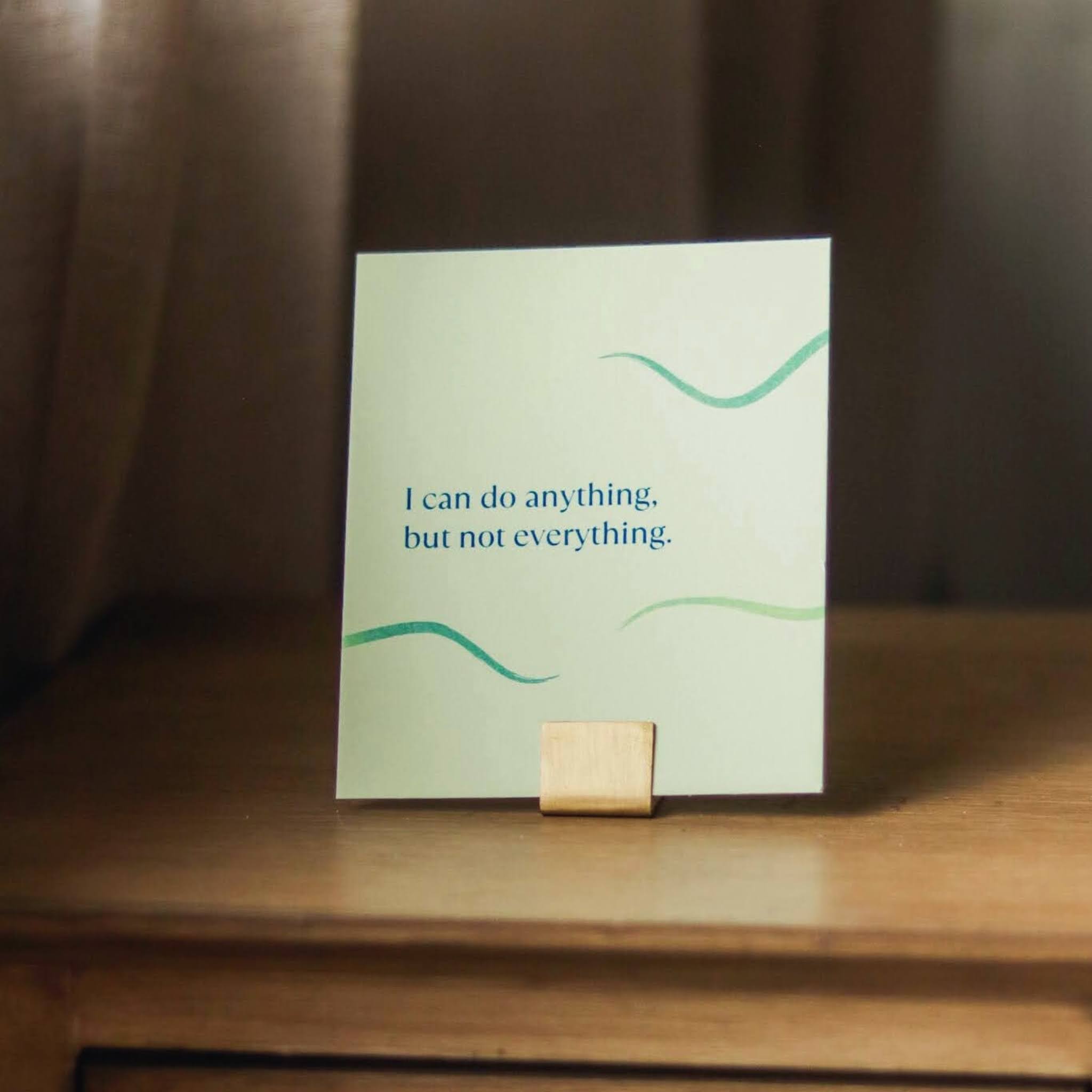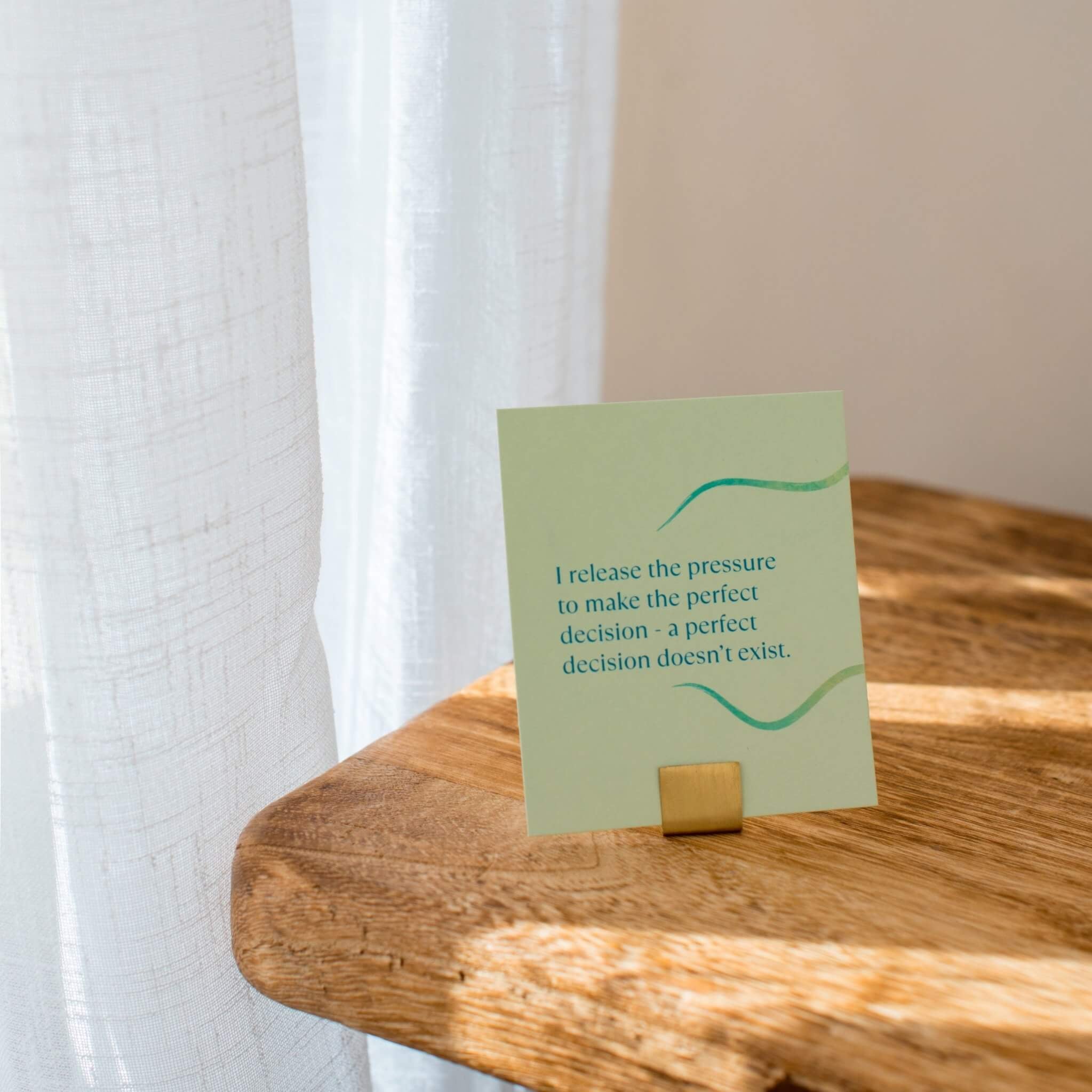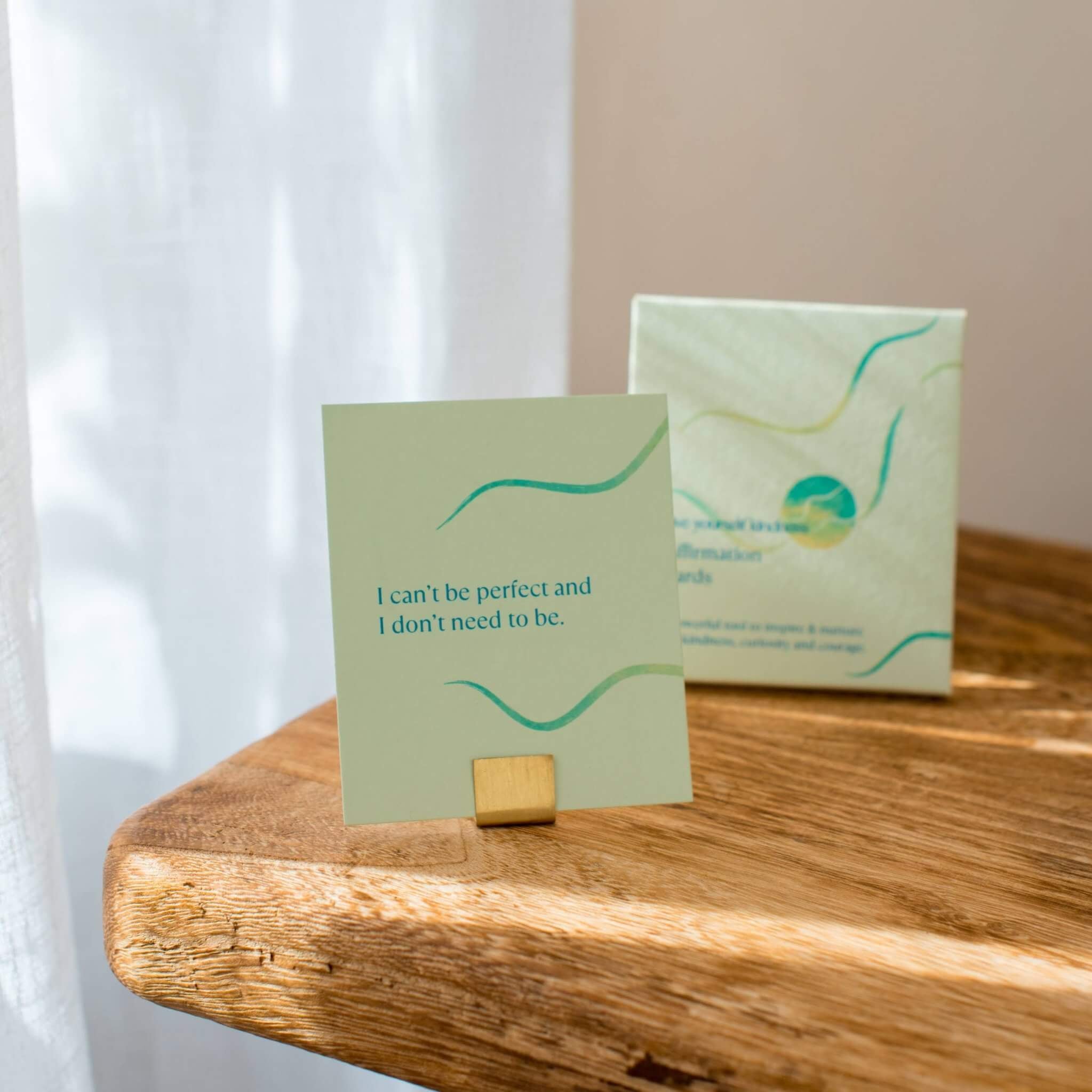written exclusively for Give Yourself Kindness by Annabelle Kyle Dortch, Psy.D. a Los Angeles based Clinical Psychologist. She specializes in helping clients navigate life transitions, relationships, stress, anxiety, and the impacts of trauma.
Self-criticism vs. self-compassion
Throughout our lives we will all continue to face moments where we make mistakes and fall short of expectation. This is simply part of being human.
What is up to us is how we respond to these inescapable human experiences: with self-compassion or with self-criticism?
'I intimately understand the allure of self-criticism'
Through both personal and professional experience, I intimately understand the allure of self-criticism: It promises future success, perfection, and the prevention of future mistakes.
But no matter how wonderful this promise sounds, the truth remains that if self-criticism worked as a means of self-improvement…it would have worked by now.
If you are tired of being stuck in the painful ‘mistake to self-beratement and rumination’ cycle, I hope to offer you
1) An understanding of the impact of self-criticism and
2) A different, effective way to grow and change outside of self-criticism.
Understanding self-criticism
So, let’s get into it, what actually happens when we respond to a mistake or a moment of suffering with self-criticism? What we now know about criticism is the following:
'our mind-body system perceives criticism as a threat'
- Whether it is coming from ourself or someone else, our mind-body system perceives criticism as a threat, activating our stress response.
- When our stress response is activated, the amygdala (the emotion and crisis center of the brain) is very active and the frontal lobe (where we reflect and make decisions intentionally) is offline.
- When our stress response is ‘on’, we are most likely to revert to familiar behaviors (which means we will likely return to the very behaviors we were criticizing ourself for in the first place)
- Because our mind-body system is busy managing a stress (the criticism) and relying on familiar behavior to survive the stress, we will not able to engage in self-awareness, self-reflection, or learn from our experience/ mistake.
Bottom line: When we engage in self-criticism, we create a nervous system and brain state that is not conducive to learning or facilitating a growth-oriented mindset.
An alternative response: self-compassion
This is where self-compassion comes in.
I can already hear the resistance from our collective self-critical parts screaming, “But I don’t want to just give myself a pass and wallow in pity!”
Good. Because that is not what self-compassion requires.
'Self-compassion does not mean wallowing in pity or avoiding growth'
Self-compassion does not mean wallowing in pity or avoiding growth. The goal of self-compassion is to develop a safe place to land within ourself when we inevitably make mistakes, fall short of expectations or experience suffering.
From this place of safety and self-compassion, we can actually learn more from our experience and make effective decisions about moving forward (versus getting caught in the paralyzing, repetitive cycles that come with relying on criticism and shame).
I don’t share this because self-compassion is a nice idea or because I personally just think being kind to ourselves is important. I share this because as a therapist who values evidence-based practices, this is simply what the research indicates is effective!
'self-compassion is key in decreasing anxiety & depression and developing courage, resilience, and a growth-oriented mindset'
Dr. Kristin Neff’s research (i) has repeatedly shown that self-compassion is key in decreasing anxiety & depression and developing courage, resilience, and a growth-oriented mindset.
Practicing self-compassion
When practicing self-compassion, there are typically three doorways into the experience:
- Mindfully observing your internal experience (without minimizing or exaggerating it)
- Showing yourself kindness and understanding, especially when experiencing suffering (ex. rejection, after making mistakes, falling into old patterns, etc.)
'suffering is a shared human experience that connects us all'
- Recognizing that suffering is a shared human experience that connects us all and cannot be avoided (leaning into the reality that you are not alone in this experience).
Examples of self-compassion in action
To provide a tangible example of self-compassion in action (and because transitioning from self-criticism to self-compassion is a difficult process!) below are four steps to practice self-compassion the next time you notice yourself engaging in self-criticism.
'transitioning from self-criticism to self-compassion is a difficult process'
- Notice & name it: The first step with navigating any difficult experience (including self-criticism) is to establish awareness and identify that it is happening. So, whether it is out-loud or silently to yourself say something like, “Ah, I am noticing that I am speaking pretty harshly to myself. This feels painful”
- Identify how it is trying to help you: Any pattern of behavior we regularly return to typically provides us with some kind of help or protection. So, get curious about how the self-criticism is at least trying to do this! Common ways your inner-critic might be trying to help you can include:
-
- Trying to help you to find a way to succeed
- Trying to help you behave in a certain way to avoid rejection
- Trying to locate your flaws so you won’t feel caught off guard by others criticizing you
- Show appreciation for it: In order for self-criticism to soften, it needs to feel acknowledged and appreciated for what it is trying to do. So once you have identified how it is trying to protect or help you, take a moment to acknowledge its efforts. This can sound something like, “Okay, I see that you are really afraid of rejection so you’re picking apart how I engaged in this conversation. Thank you for letting me know that you are really concerned about rejection, I hear you”
- Respond to your inner critic: Now that you have identified how your inner critic is trying to protect you and have shown it appreciation, you are ready to gently challenge the self-criticism. This might sound something like, “I know you are trying to help me avoid rejection, but how you are trying to help me is quite hurtful. If my friend was uncomfortable with what I said, I trust they will let me know so we can talk about it. Thank you for letting me know how scary rejection is, but I’ve got this”
- (Bonus Step) Get support: Learning to identify and respond to your inner-critic is hard work and requires lots and lots of practice. It can be really helpful to have the support of a therapist who can help you unpack and move through the long-standing narratives within in your inner-critic. You do not have to go through this alone!
'You do not have to rely on self-criticism to improve yourself'
Remember: You do not have to rely on self-criticism to improve yourself. You can always turn to self-compassion to direct you towards sustainable and effective growth.

Annabelle Kyle Dortch, Psy.D. is a Los Angeles based Clinical Psychologist. She specializes in helping clients navigate life transitions, relationships, stress, anxiety, and the impacts of trauma through talk therapy and Eye Movement Desensitization & Reprocessing (EMDR). Outside of sessions you will typically find her trying new restaurants in LA with her partner, relaxing at home with her cat, reading, and connecting with her love of music.






